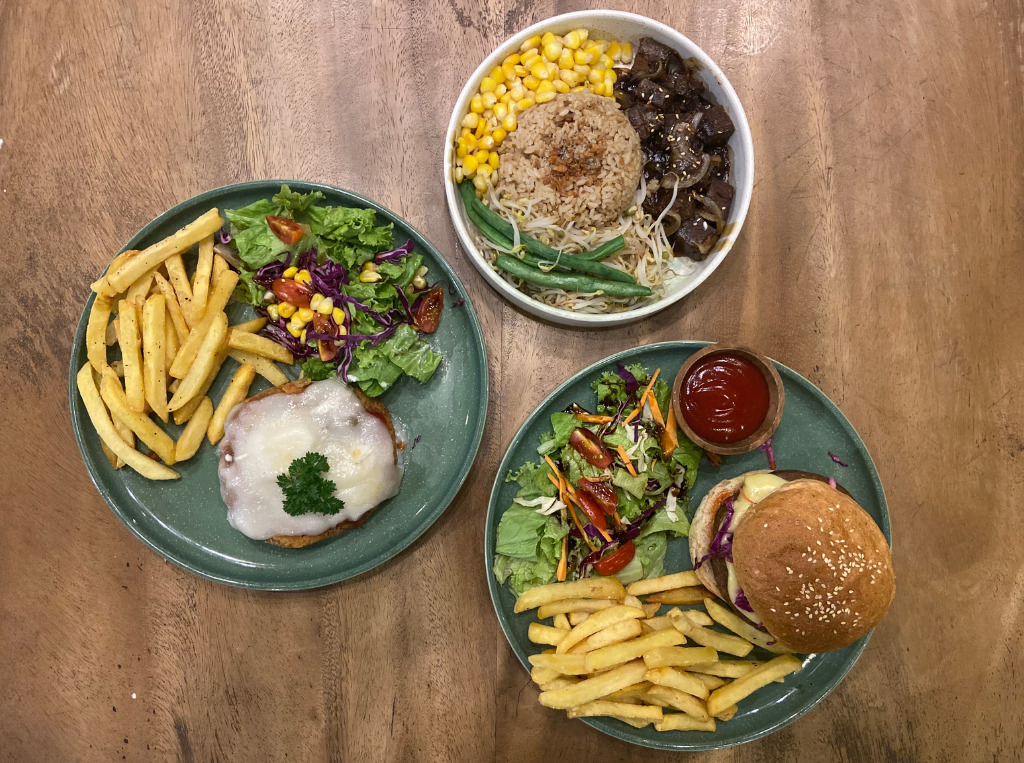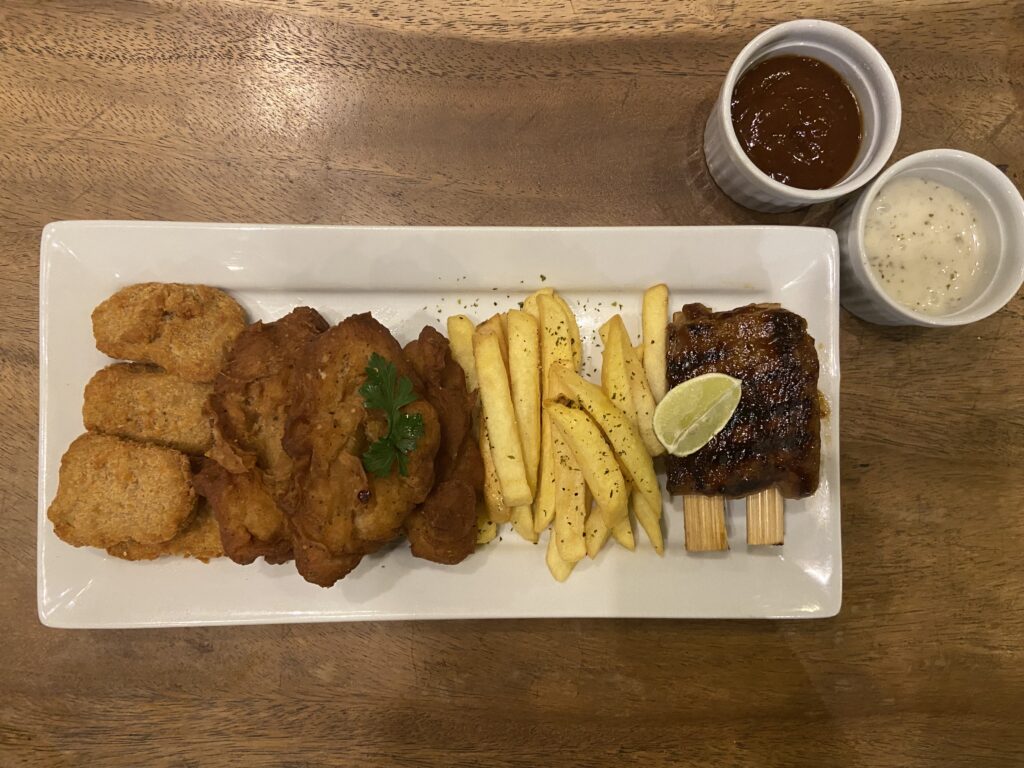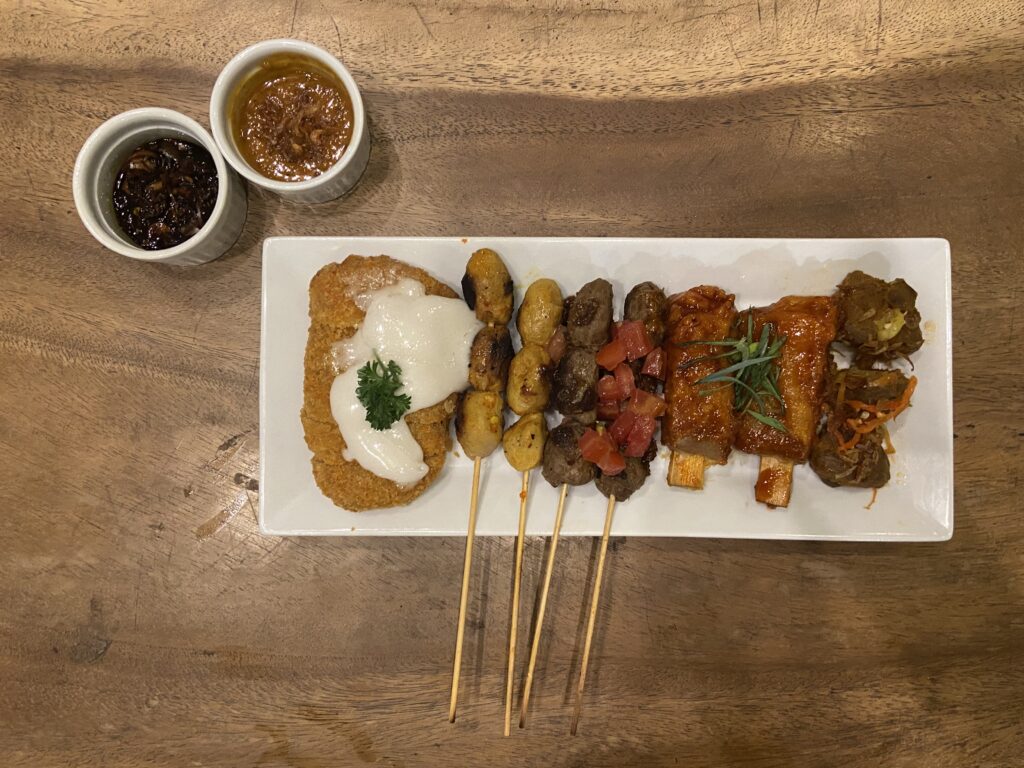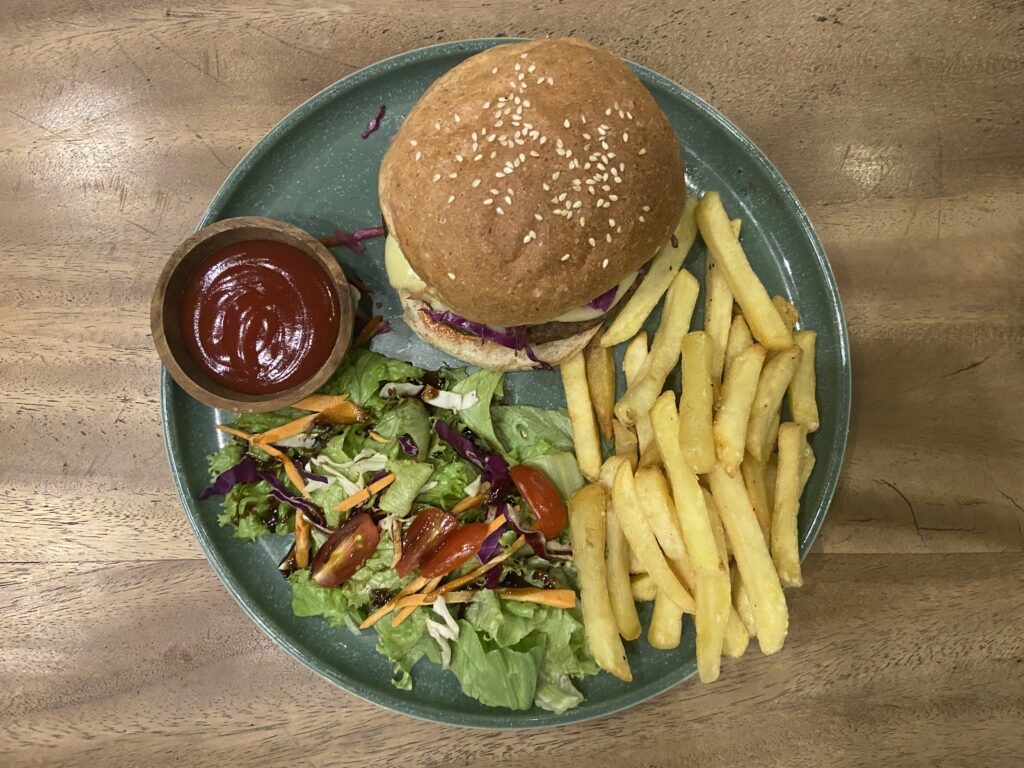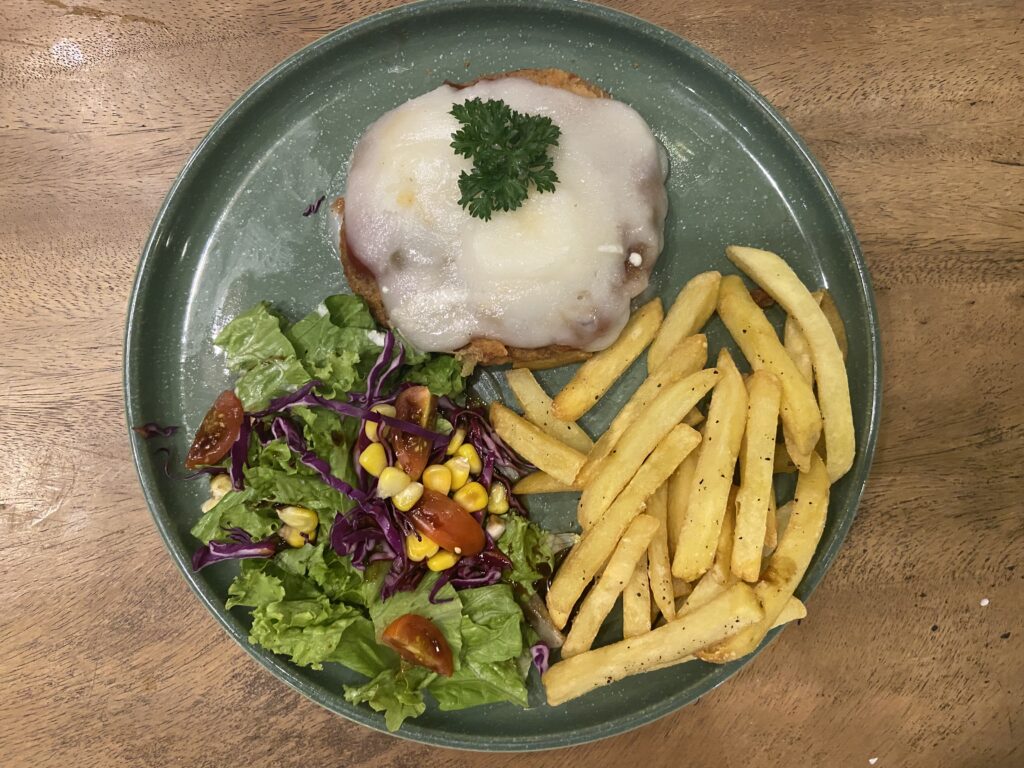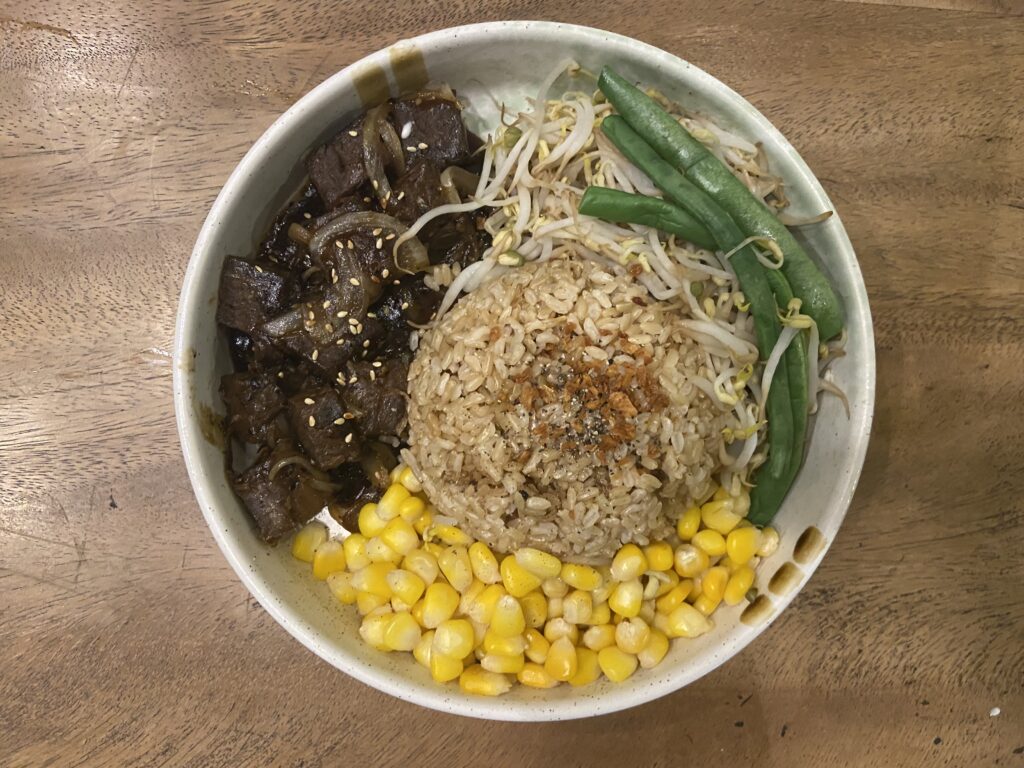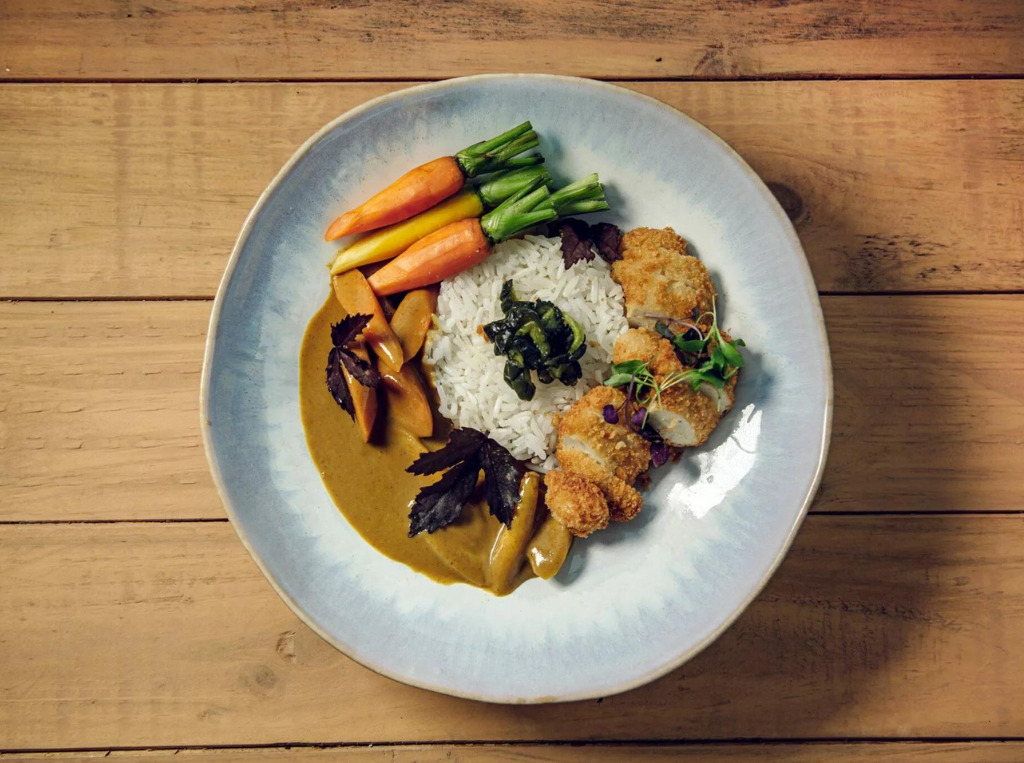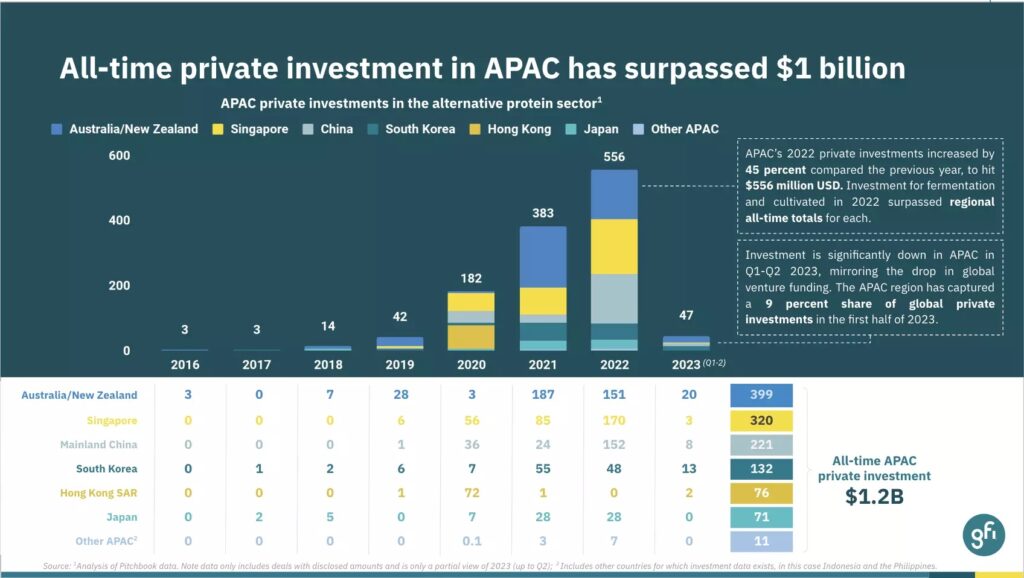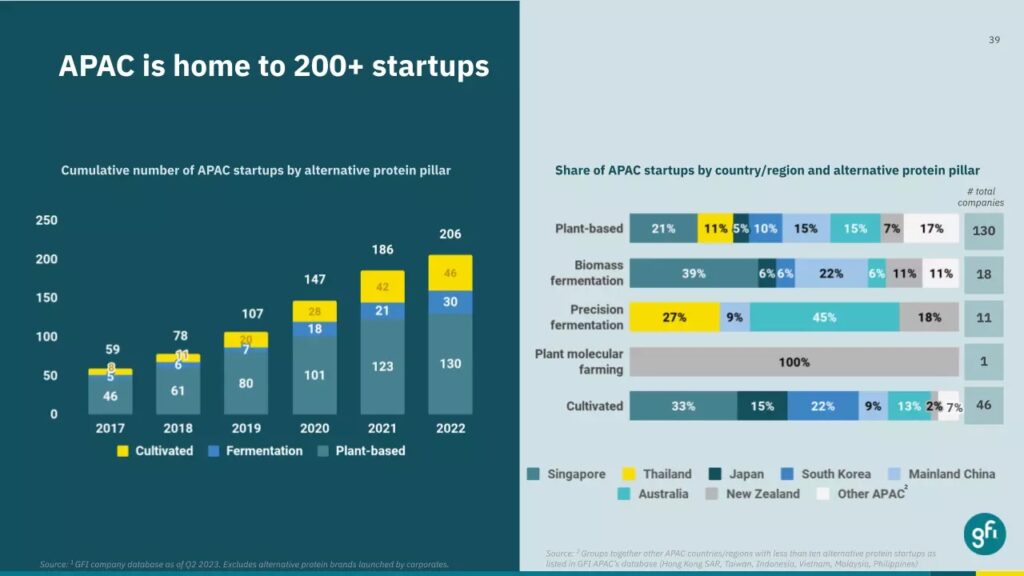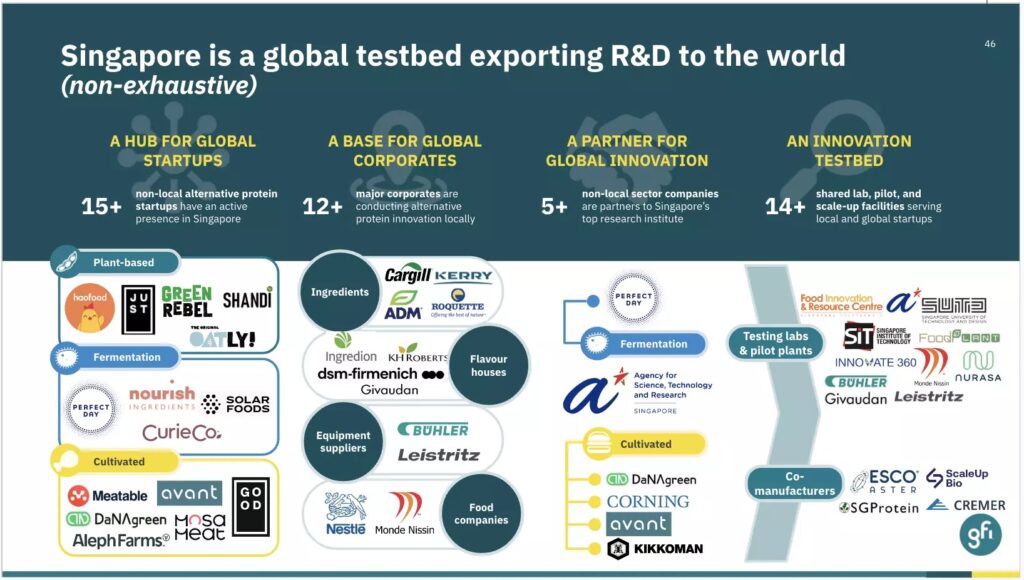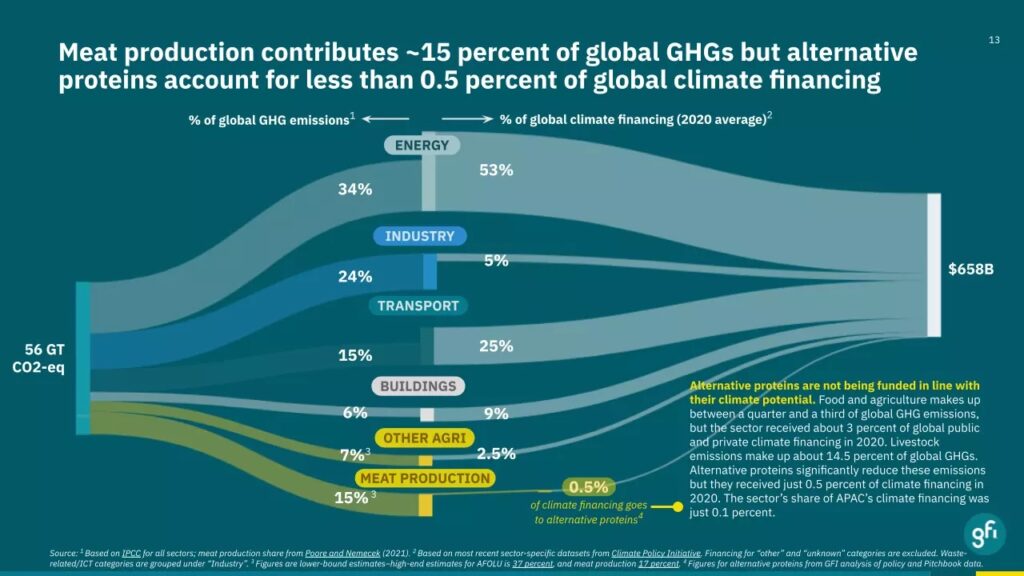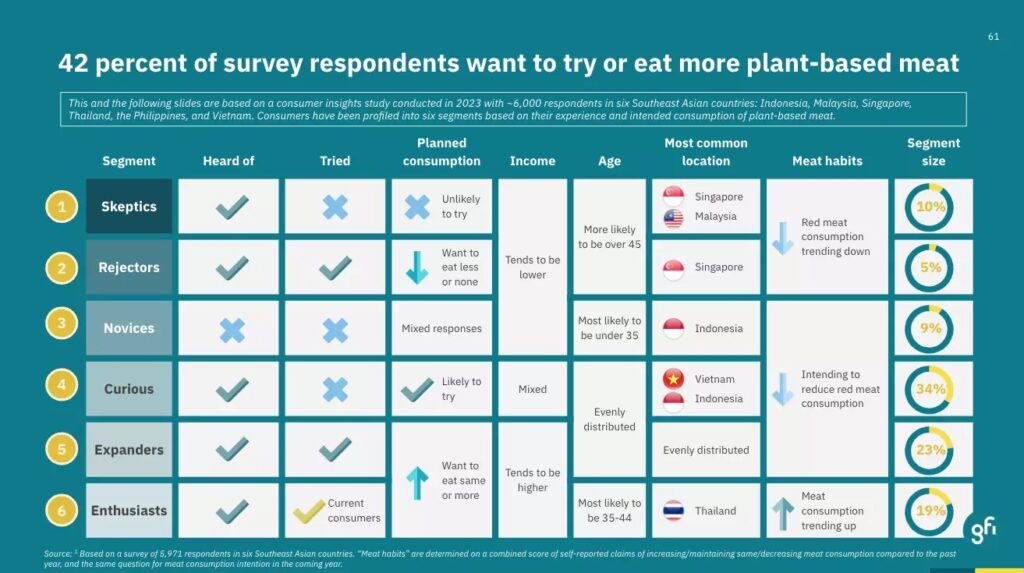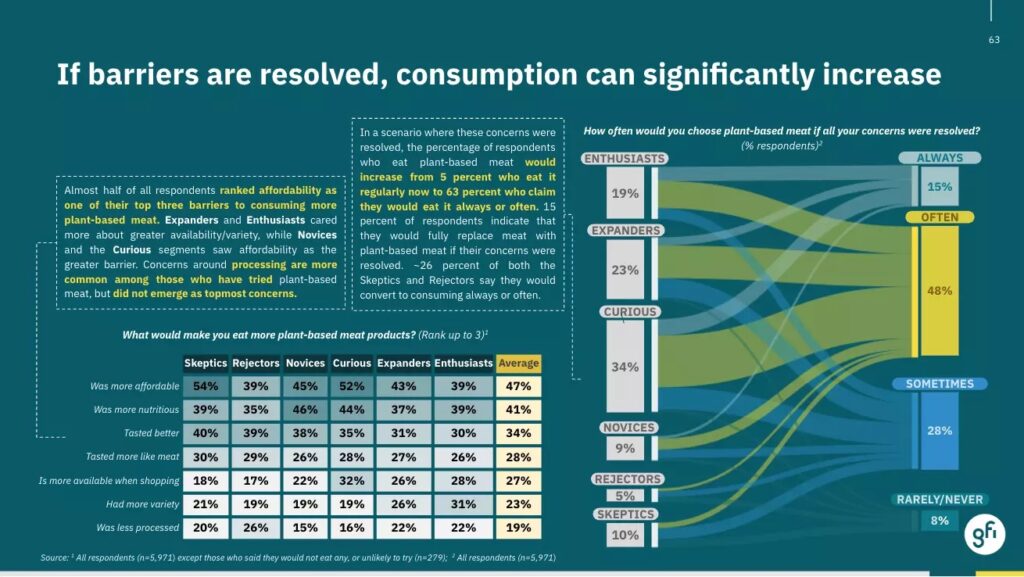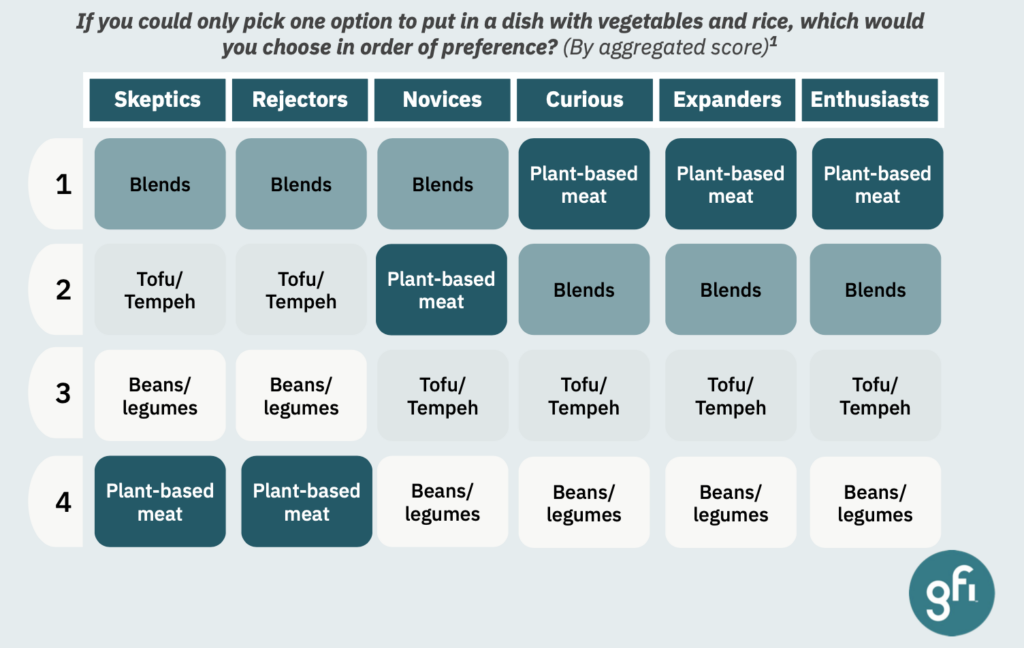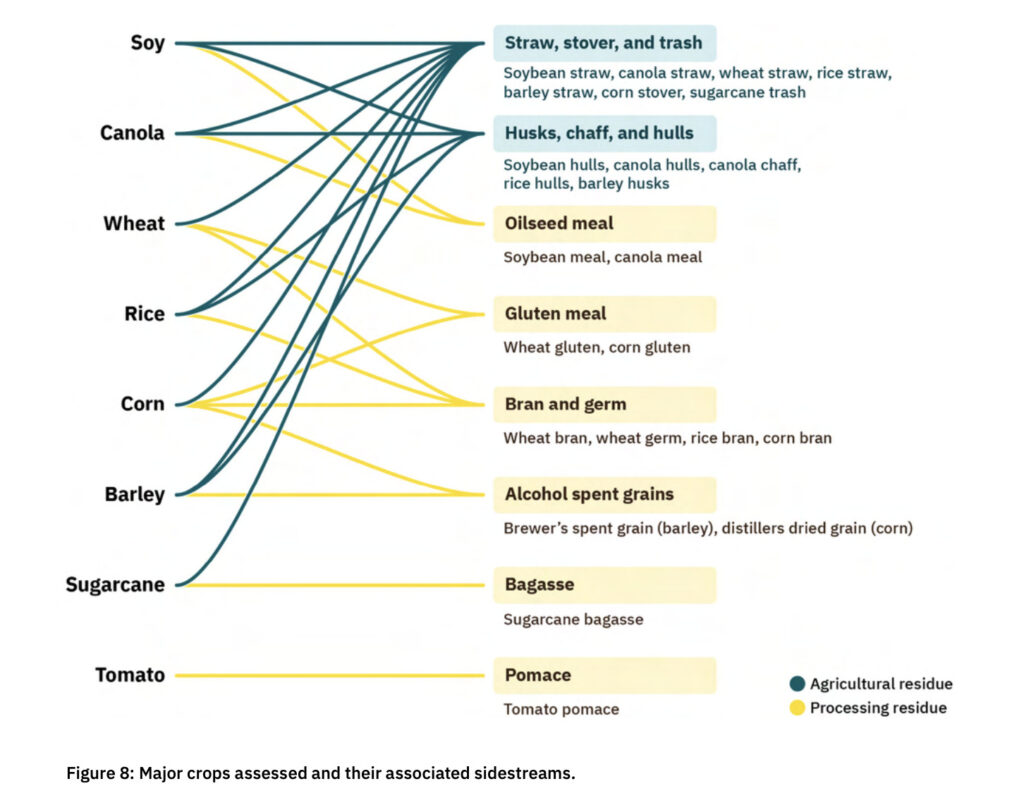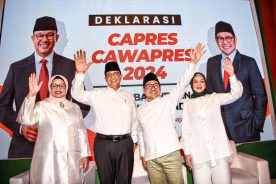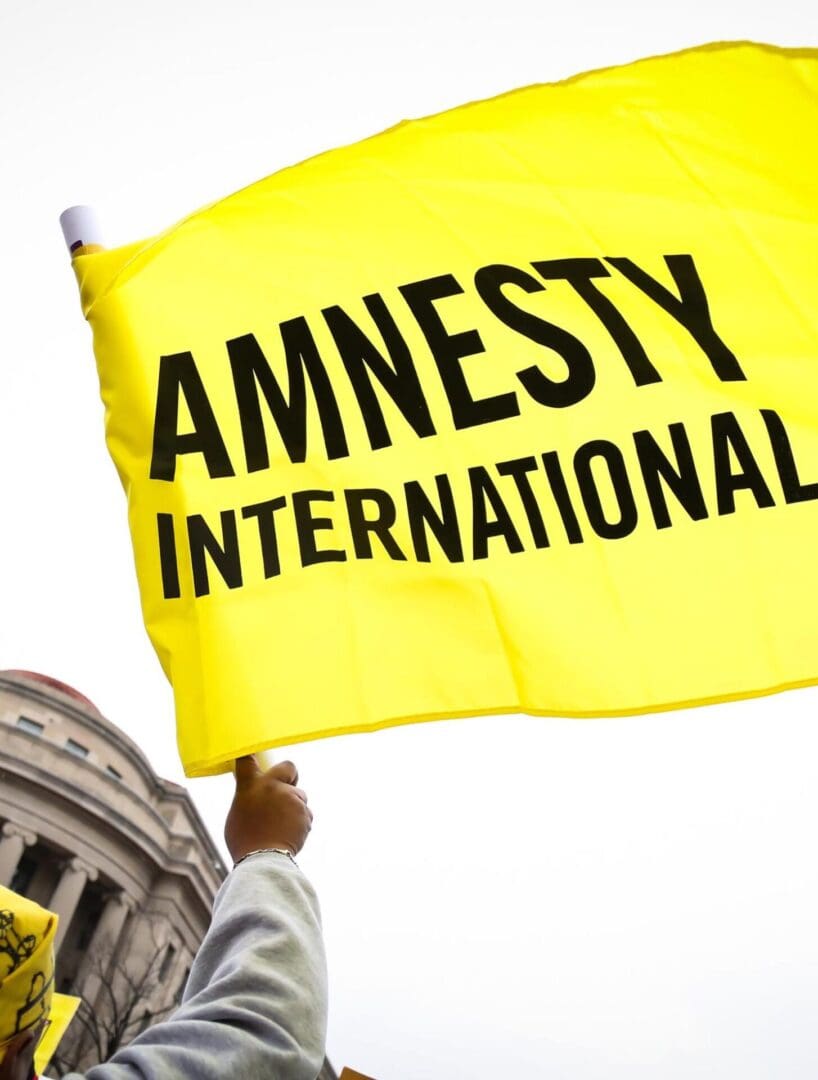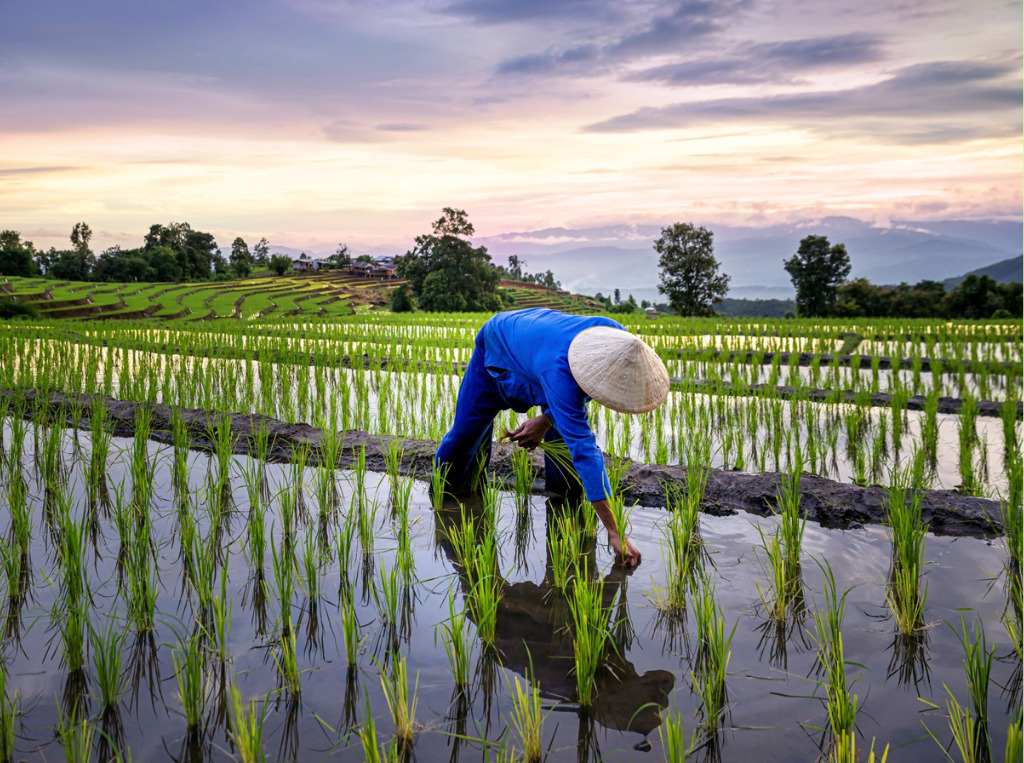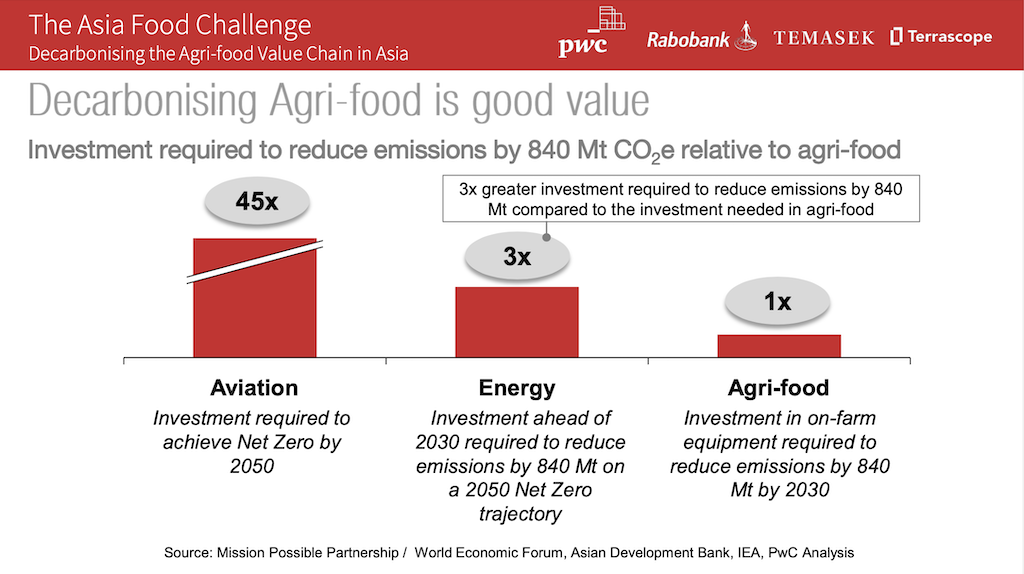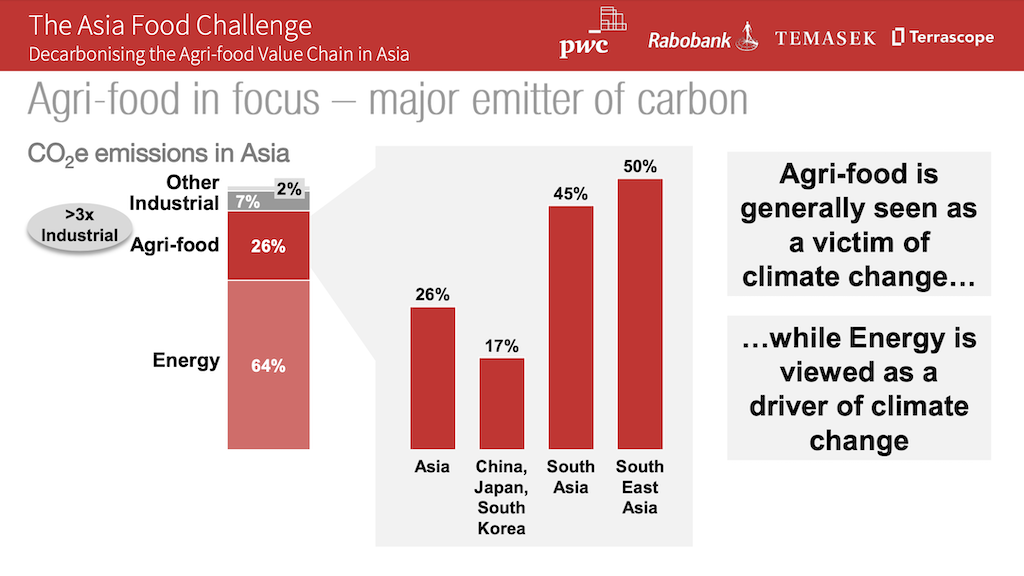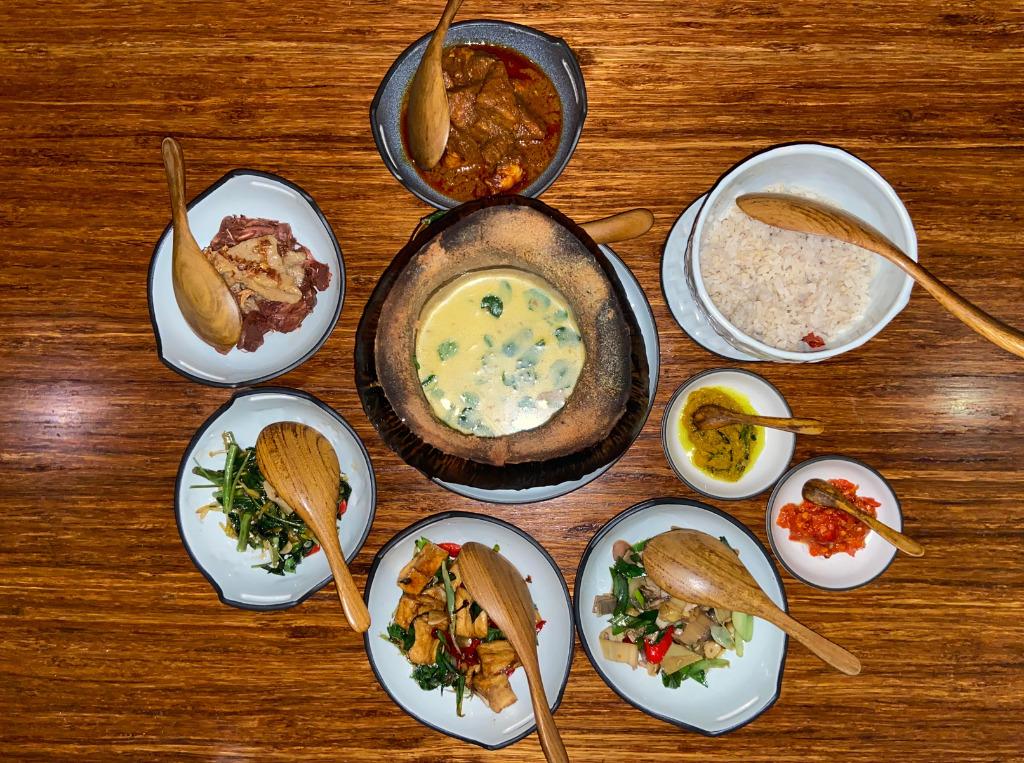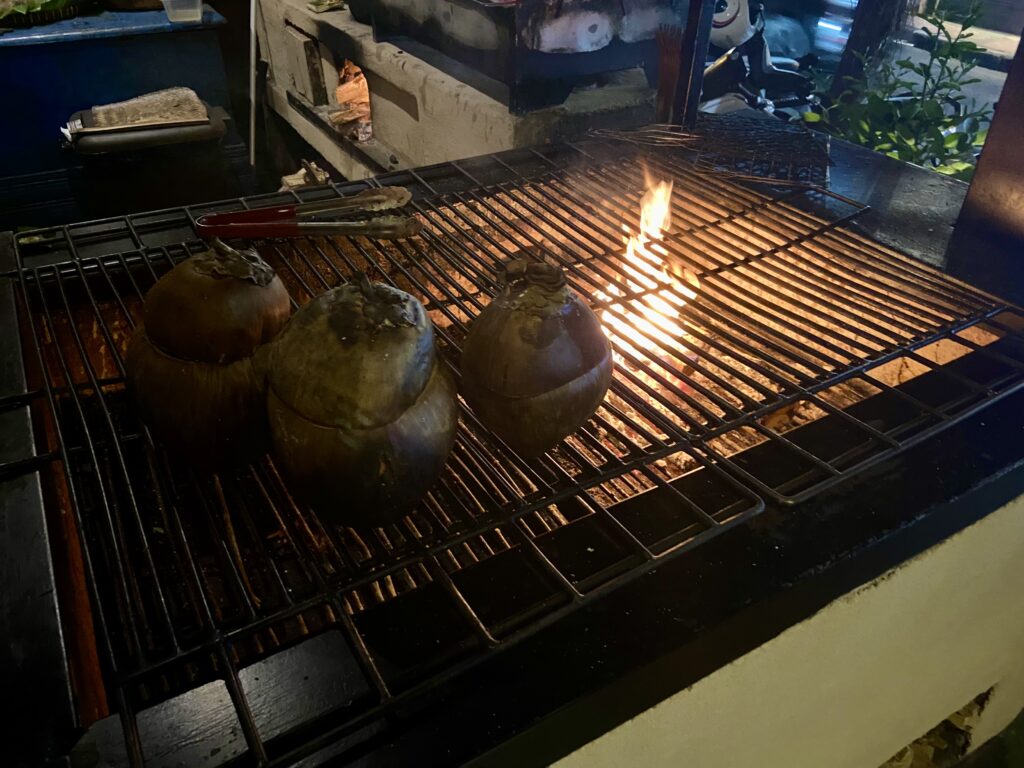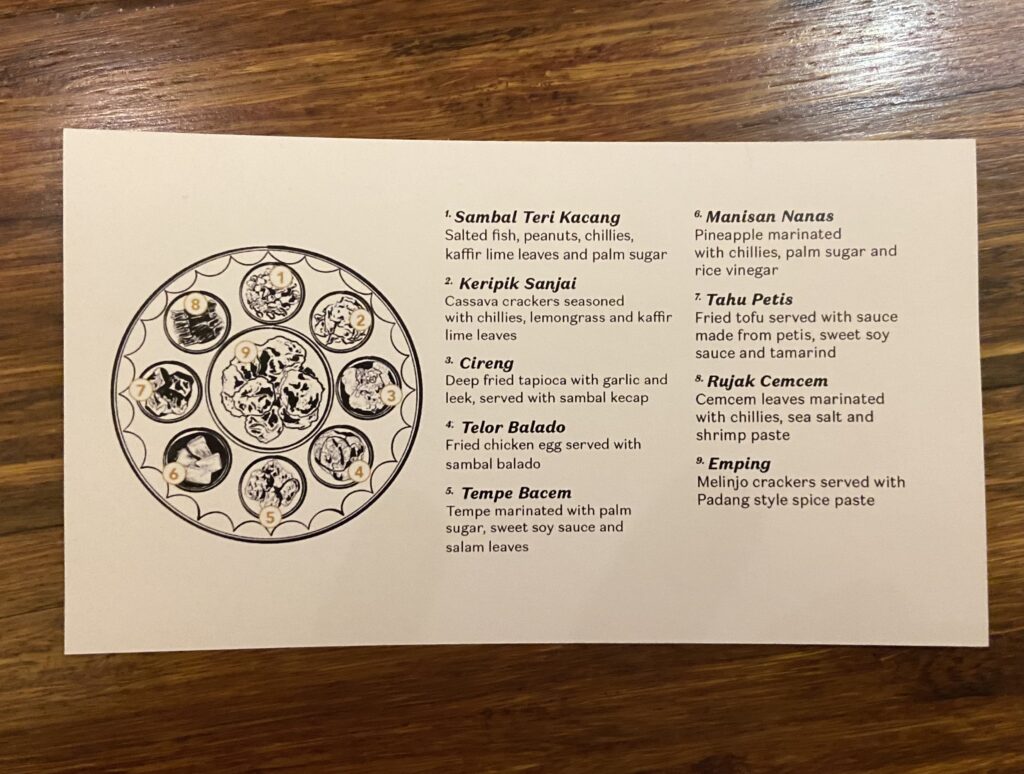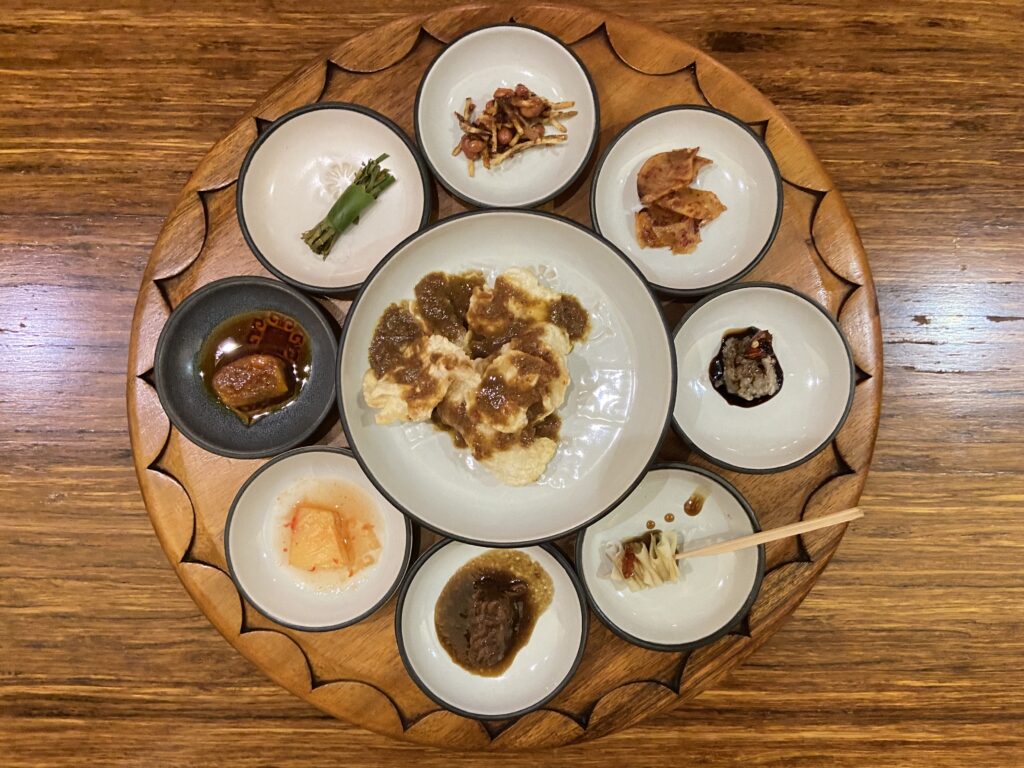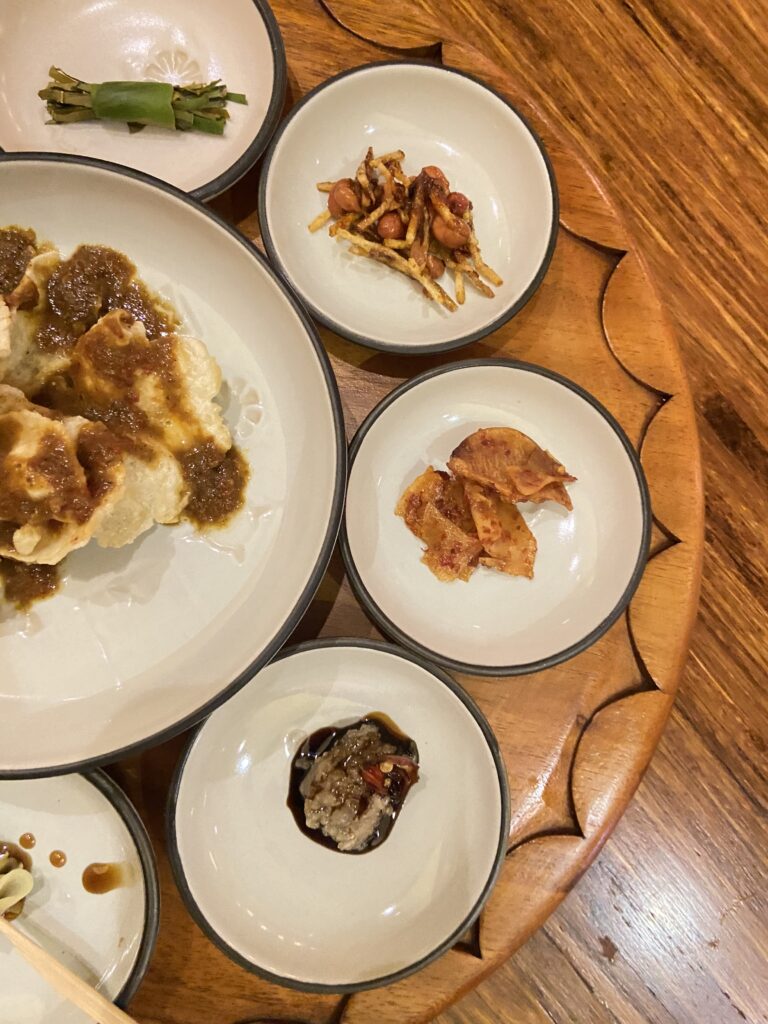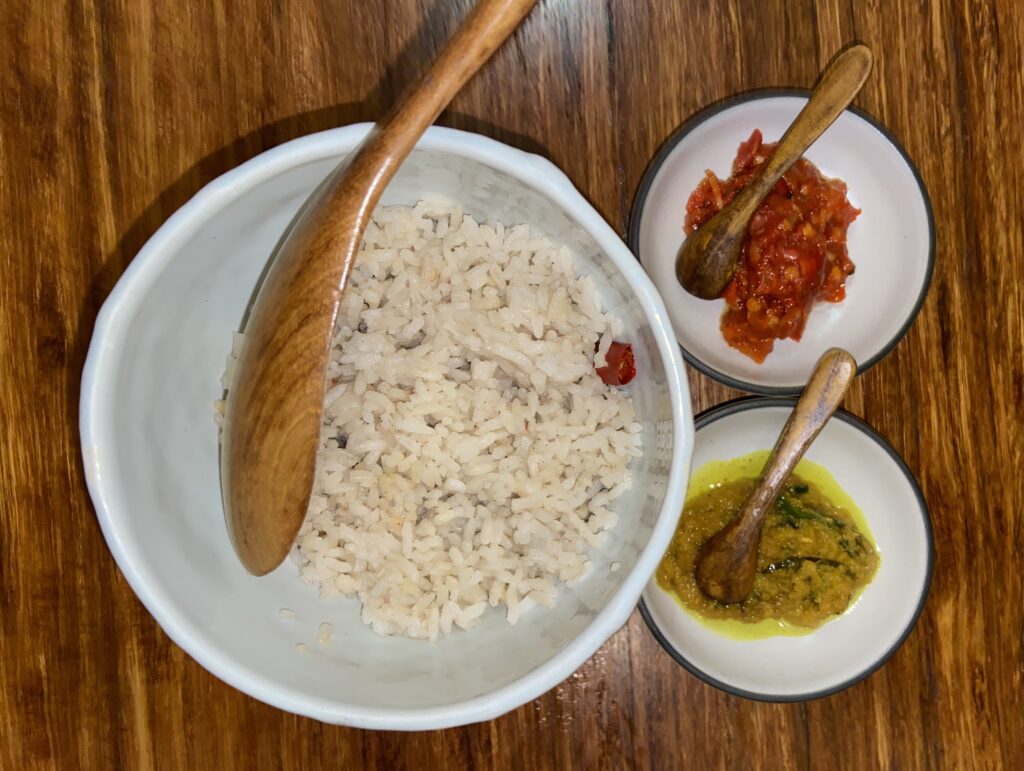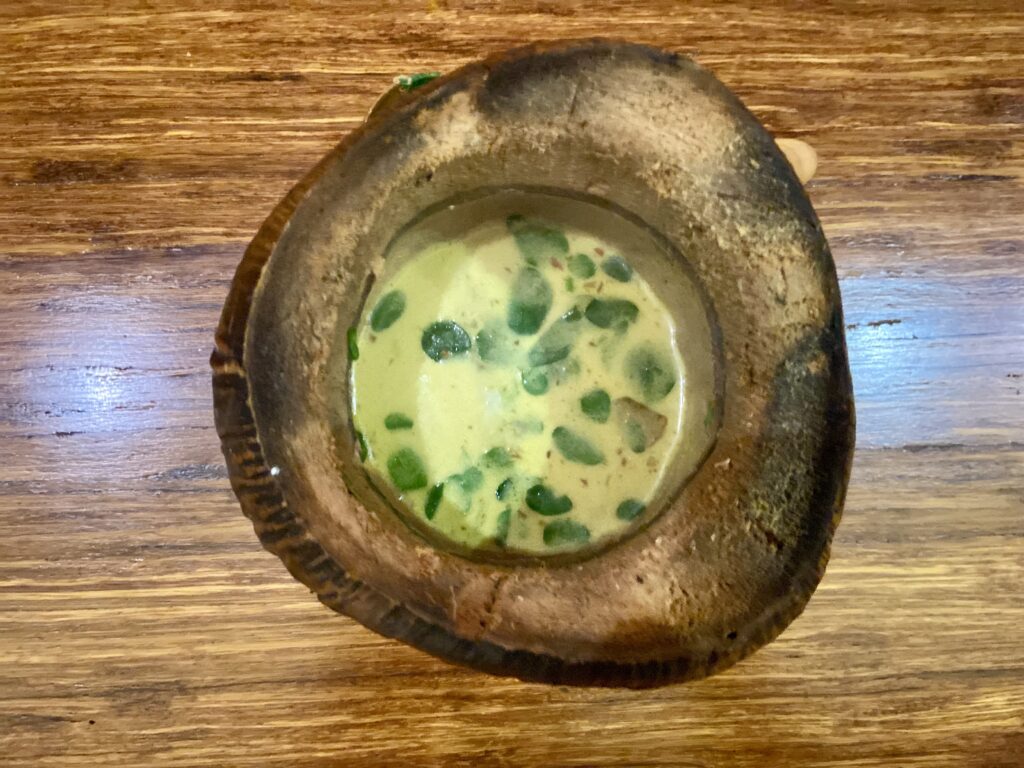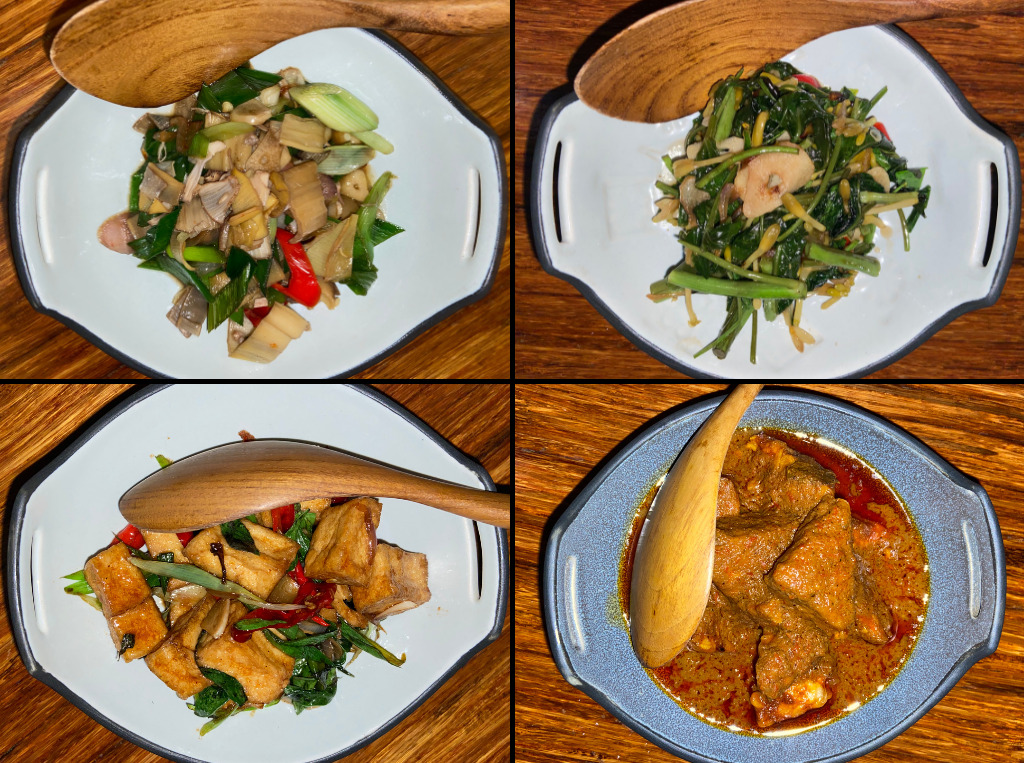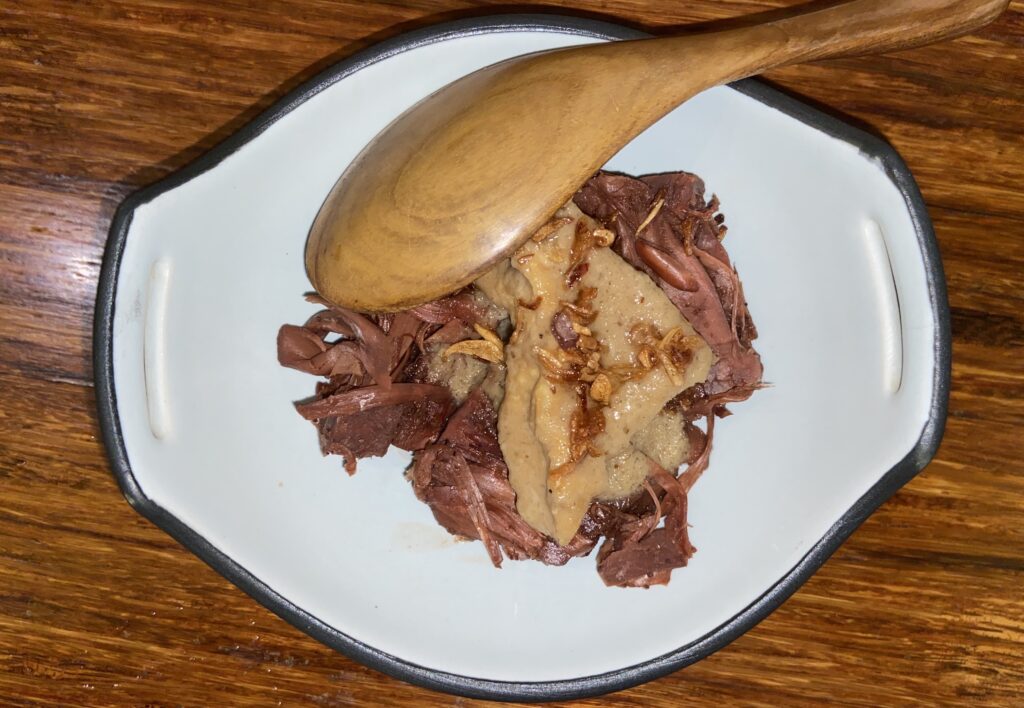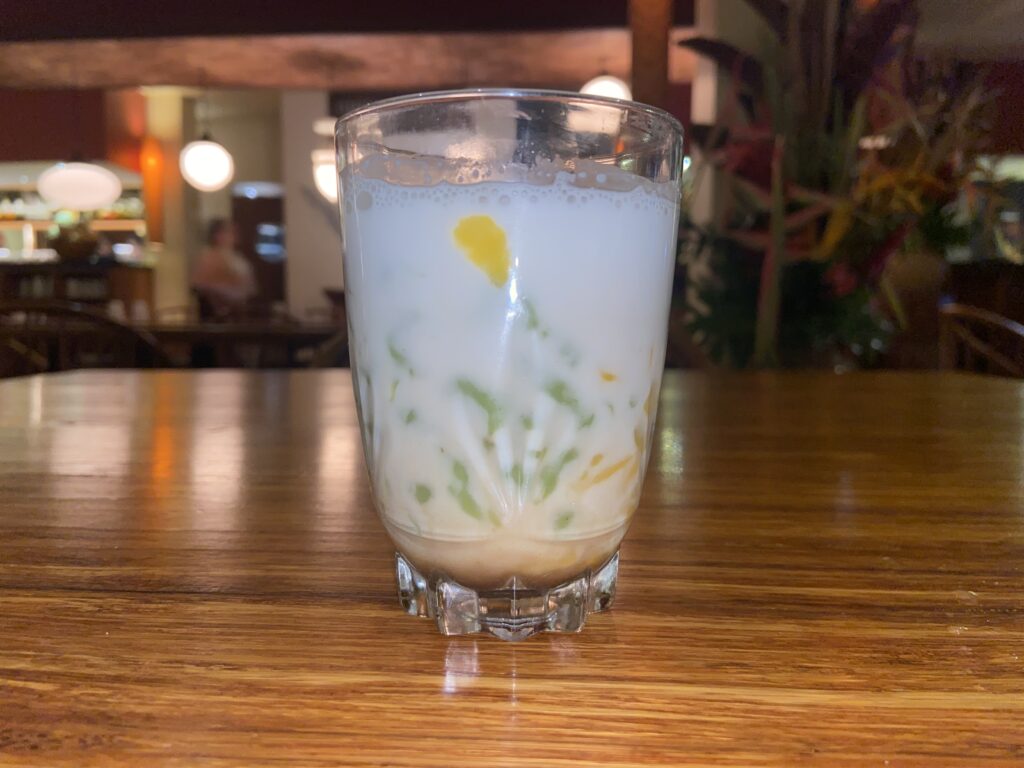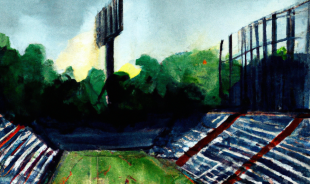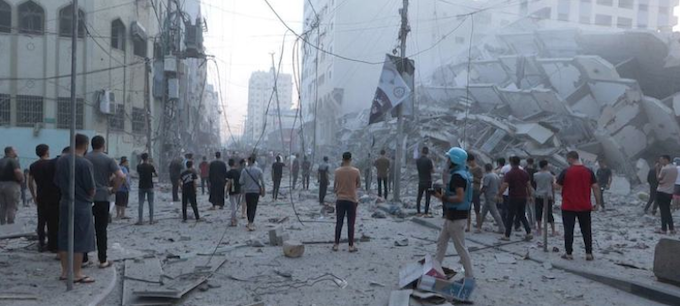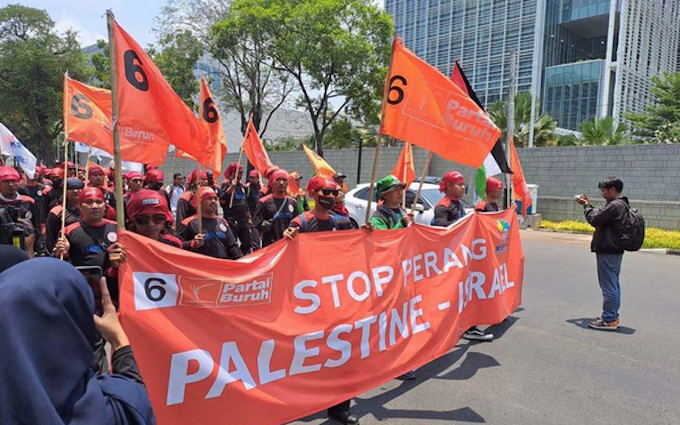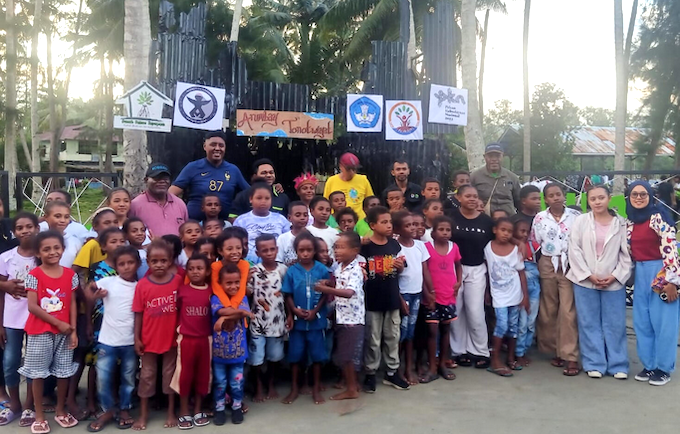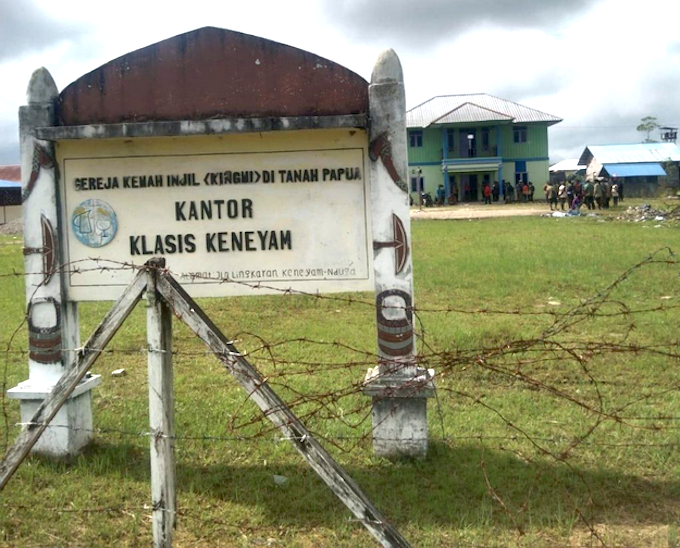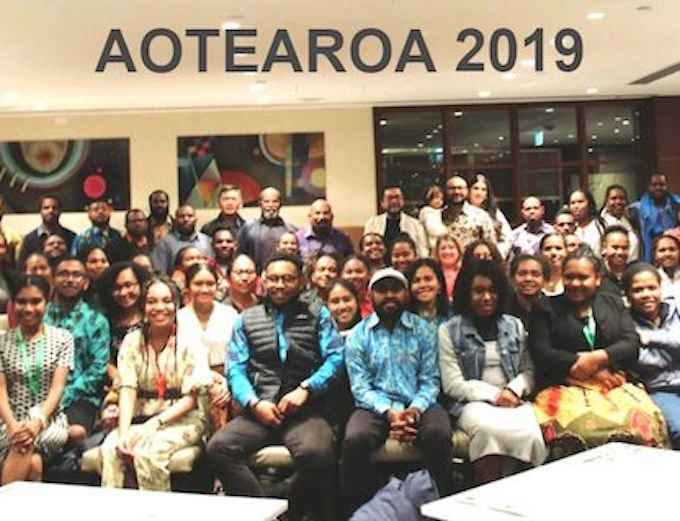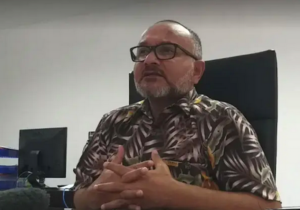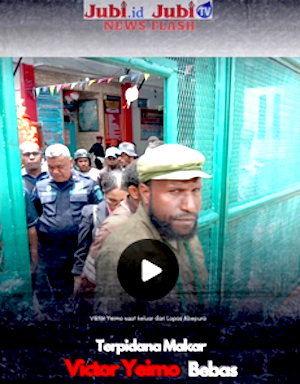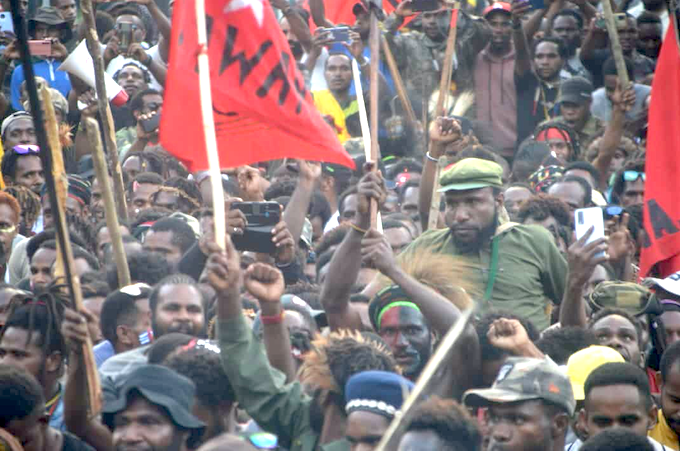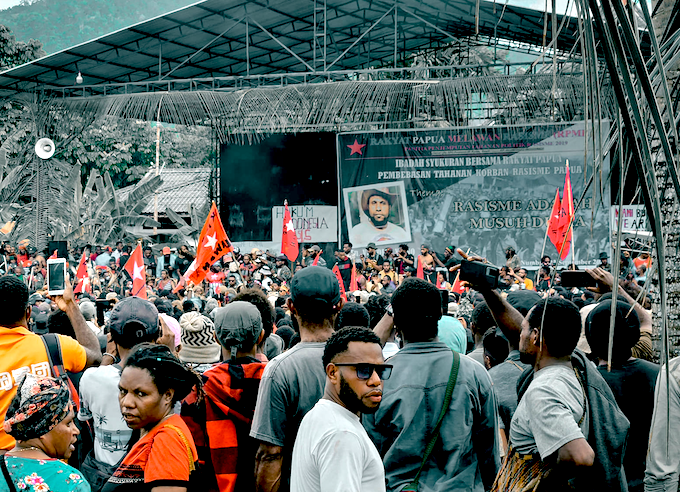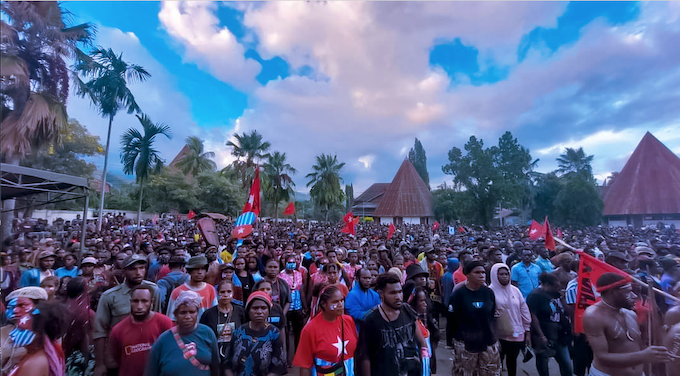Given the heterogeneity, tonnage and toxicity of modern waste, a convincing argument could be made for waste as the inscription of the Anthropocene. Even though it is both organic and inorganic waste that contribute to the transition to this new planetary epoch—in which human activity has become the dominant force shaping Earth’s climate and ecosystem—it is the chemical composition, durability and omnipresence of plastics that make some scholars designate our age as the Plasticene.
Considering that Indonesia is ranked as the world’s second-biggest marine plastic polluter, one might refer to this large archipelagic country as plastipelago. Indeed, a comparable designation was made by Dandhy Dwi Laksono and Rahung Nasution for their documentary film Pulau Plastik (“Plastic Island”) that explores the magnitude of plastic pollution in Indonesia.
However, the postulated age of the Plasticene should denote not only our plastic footprint and its impact on both people and the environment, but also the pliability of contemporary waste management regimes, where waste can be seen as both a problem and an opportunity. What this ambiguity shows is that our modern waste is not only difficult to handle, but also difficult to define. This is especially so in Indonesia, where more than half of the country’s population is still without access to basic waste collection services, and where the government of President Joko Widodo is promoting the economic value of waste as part of a wider effort to address the country’s waste crisis.
With Indonesia standing at a critical juncture of a waste crisis, one should welcome the fact that in 2017, the Indonesian government has adopted the universally popular anti-waste strategy known as the “circular economy” as the new paradigm for its national policy on the management of solid waste. Known as Indonesia Clean from Waste (ICFW), the aim of this policy is to reduce by 30% the total annual production of waste by 2025, and to handle the remaining 70% according to environmentally friendly and effective technologies.
In the province of West Nusa Tenggara (NTB), where I conducted my doctoral field research on the island of Sumbawa, the government of Governor Zulkieflimansyah has translated this policy into an implementing regulation at the provincial level under the flagship name of NTB Zero Waste. Here, the term “zero waste” is used to communicate the goal of waste prevention, while the notion of circular economy refers to specific mechanisms through which to achieve that objective.
Unlike the current linear economic model of “take–make–dispose”, the circular economy recognises that natural resources are finite and aims to eliminate waste by keeping materials in circulation for as long as possible, through strategies such as reusing, recycling and responsible manufacture. This said, the circular economy can play an important role both in making waste management systems more resilient and in strengthening national self-sufficiency by lowering of the import demand of virgin and secondary materials.
In Indonesia alone, this could mean reducing the amount of waste going to landfills and increasing the quality and quantity of locally sourced plastics as “feedstock” for recycling and thus reducing the country’s dependence on waste imports. While waste imports to Indonesia are small compared to the total production of waste in the country, they too have a negative impact on Indonesia’s environment and society. Overall, the aim of the circular economy is to close loops of resource flows by galvanising people and industries into “durable” entities able to turn waste into a resource.
This ambition can be seen in the words of Siti Nurbaya Bakar, the Minister of Environment and Forestry (MoEF), who in 2021 said that now is the time “to manage waste in ways that can make a real contribution to economic growth”. This was echoed by the Vice-Governor of NTB, Sitti Rohmi Djalilah, who argued that waste cannot be seen as a problem; instead, it has to be managed as a blessing. There is, of course, an inherent incongruity in this statement, for “blessing”, by definition, does not have to be managed. Here, by drawing on data from my doctoral thesis, I trace the development of the ICFW policy through the policy’s processes of problem definition to solution design so as to identify some of the key challenges and (limits) of this naïve and hasty rebranding of waste as resource.
Problem definition
Broadly speaking, public policies are enacted following the problematisation of an issue. Often expressed in the form of a crisis, an issue is something that can be defined as unwanted outcomes of an action (or lack thereof) that affect a certain group of people. However, crisis is not merely a moment of panic but also an opportunity for reflection in the sense of a critical moment that can lead to social change.
There are two distinct, yet interrelated crises that led to the enactment of the ICFW policy. The first refers to the actual crisis of waste that is manifested most viscerally in the country’s clogged up rivers, filthy beaches, toxic air and overflowing landfills. For illustration, the material evidence of such crisis can also be found in more obscure places, such as local abattoirs—where it is common for Indonesian meat merchants to find plastic discards in animal entrails.
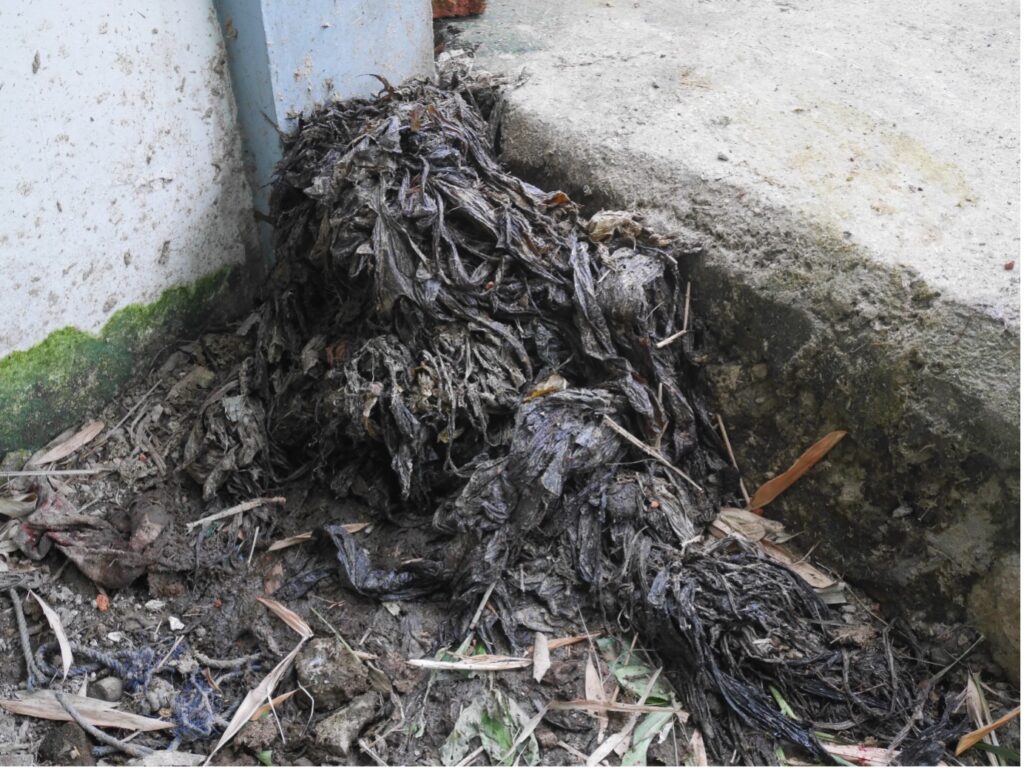
Single-use plastics found in the stomachs of beef cattle slaughtered at one local abattoir in Sumbawa (Photo: author)
While these plastics will not be consumed by humans, which is why they have been put aside following their discovery, the toxins and chemicals that are associated with these materials can undoubtedly enter our food chain through a process known as “trophic transfer”. There are multiple reasons why finding plastics in the stomachs of beef cattle is anything but uncommon for abattoir workers in Indonesia. Given the lack of available grasslands caused by changes in land function, some cattle herders in Indonesia use landfills as “pastures” for their livestock. By doing so they help to reduce the amount of food waste in Indonesian landfills, for there is little incentive to valorise organic waste in Indonesia, due to the country’s fertiliser subsidy policy.
In this context, this animal infrastructure is sustained insofar as it helps to sustain human livelihood and reduce the pressures put on landfills due to increased food consumption. However, animals do get sick as their digestive systems become clogged up with plastics. Due to high rates of littering along riverbanks and roadsides, it is common nowadays to also find plastic discards in the entrails of cows that feed on grasslands. Perhaps the most littered (and landfilled) items in Indonesia, single-use plastic bags are used excessively not only in traditional markets and modern retails in urban centres, but also by vendors and their customers in more remote rural areas.
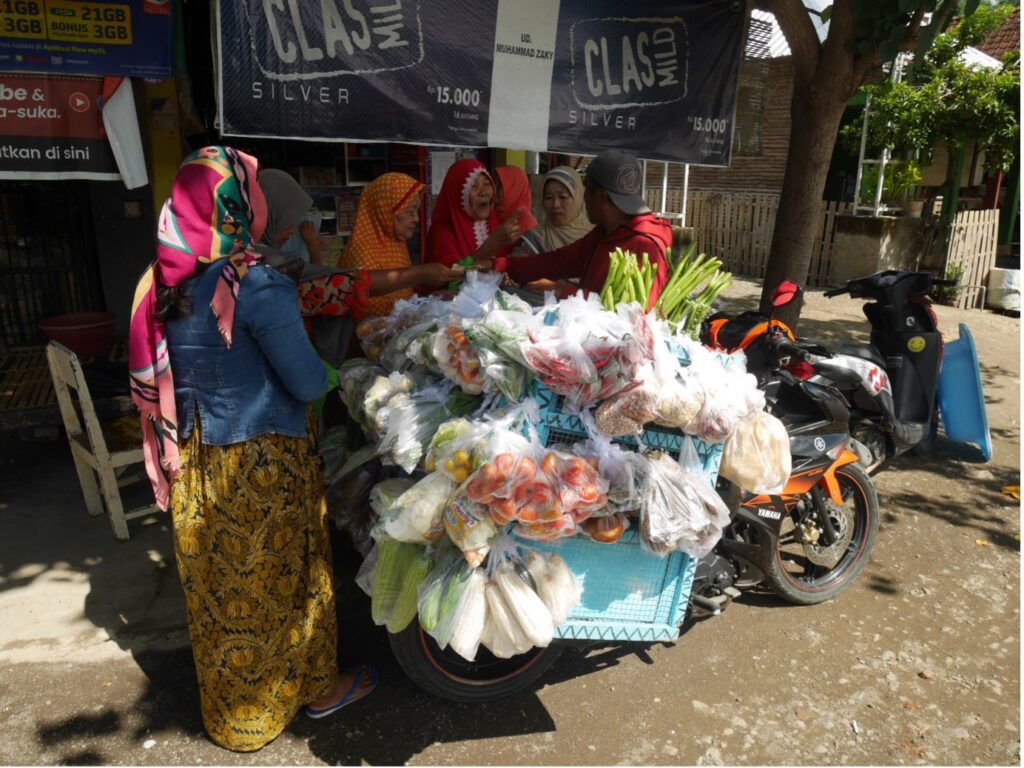
The second crisis refers to the crisis of reputation that was sparked by a study conducted by a group of scientists led by Jenna R. Jambeck from the University of Georgia (USA) that gave Indonesia the stigmatising label of the world’s second-biggest contributor to marine plastic pollution, after China. At first, the government of Indonesia tried to dispute this study by proposing to make its own research on the matter of marine plastic pollution. Such protestation was, according to Dr Dirhamsyah—the Director of Research Centre for Oceanography at the Indonesian Institute of Sciences (LIPI)—a matter of Indonesia’s reputation.
Nevertheless, a detailed examination of a range of government and academic publications shows clearly the influence that Jambeck’s study had on the enactment of the ICFW policy. With the need to clean the nation not only from its waste, but also from the stain on its reputation, the architects of the ICFW policy relied on the characterisation of waste as a major problem. Hence, it is no surprise that in Indonesia, like elsewhere in the world, waste is often represented as a monster.
Related
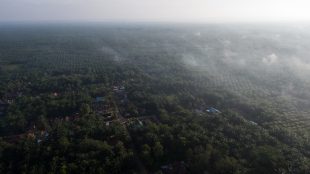
Palm oil companies can act with impunity because of corporate–state collusion and a lack of organised resistance.
This evocation can be seen, for example, in Riyana Rizki’s online fairy tale Raksasa Sampah di Kerajaan Lolontar (Garbage Monster in Lolontar Kingdom). In this short story, the Queen of Lolontar is shocked as she witnesses her people running away from a giant creature made from littered garbage. With an heirloom sword in her hand, the Queen runs towards the garbage monster and slays it with a single slash. “This is the result of your littering”, the Queen says to her people as a cloud of thick black smoke escapes from the monster’s body. Shaken by the experience and ashamed of their habits, the people of Lolontar promise not to litter again.
Here, as in Indonesia, the problem of waste is attributed, in large part, to littering behaviour. However, this failure to keep discards within the technopolitical domain of manageable waste should be understood as having an array of causal factors. These include the country’s shift to a consumption-oriented economy and the resulting changes in consumption practices from biodegradable to plastic materials, as well as the failure to meet these transformations with necessary developments in waste management infrastructure and environmental education.
Another reason why this tale is interesting is because it chooses a female leader to confront both the monster and the immoral actions of the populace. This reflects quite nicely on the fact that women in Indonesia are the key agents of kebersihan (cleanliness). This gendered division of labour in waste management can be seen not only in the brushing, sweeping, dusting and washing activities of Indonesian women across different cultural groups, but also in the relevant positions of authority that are occupied by female leaders.
Take, for example, Siti Nurbaya Bakar, the Minister of Environment and Forestry and Rosa Vivien Ratnawati, the Director General of Waste and Toxic Waste Management at the MoEF. In terms of Indonesia’s bureaucratic structures, these two women are the most senior figures responsible for addressing the country’s waste problem by promoting the circular economy, including its ambition to create entrepreneurially-minded individuals who would recognise and take advantage of the economic value of waste. Within such discourse, waste is no longer represented as a problem. Instead, it is seen as an opportunity or a resource.
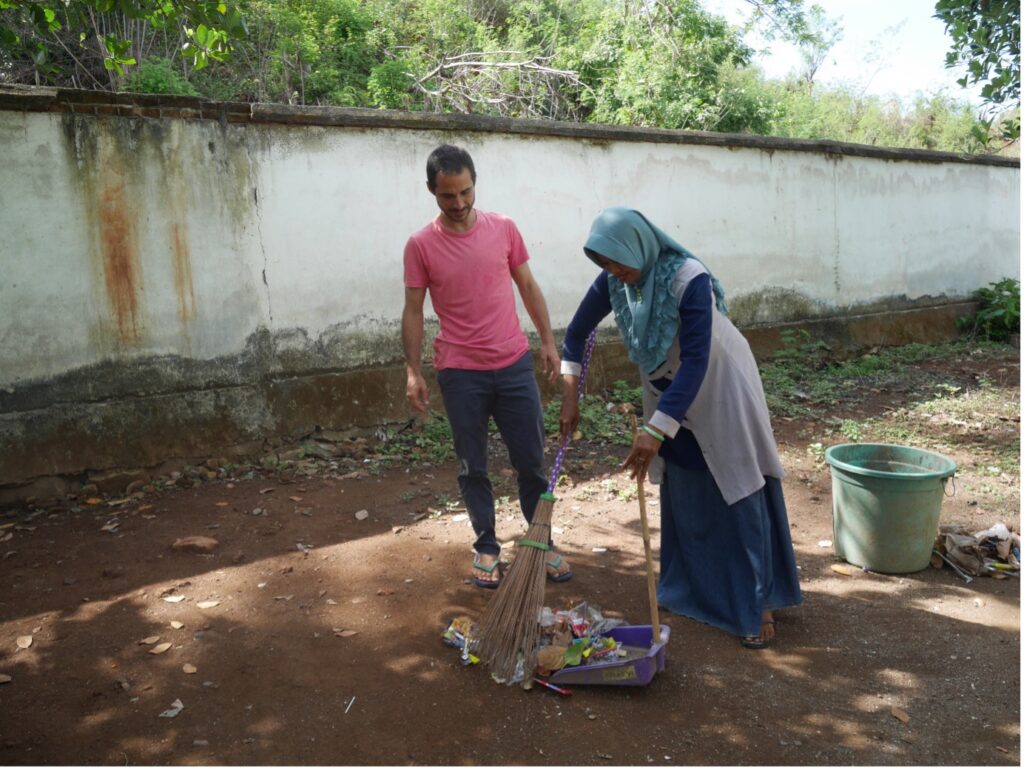
A female school employee in Sumbawa showing the researcher how to use a broom stick to keep the backyard clean (Photo: author)
Solution design
The most important instrument of the ICFW policy through which to encourage citizens to participate in the circular economy is the waste bank program. Waste banks (bank sampah) are private or semi-private waste collection facilities where people can exchange different recyclables for money or services. At present, there are around 8,000 waste banks in the country, mainly on the highly populated island of Java that is also home to the majority of recycling companies in Indonesia.
As part of the enactment of the ICFW policy, the national government has instructed local governments to help establish at least 31,000 new units across the whole of Indonesia by 2025. One key objective behind the desired proliferation of waste banks is to encourage people to separate their waste—a practice that has previously been done exclusively by the highly stigmatised informal waste pickers (pemulung) who collect recyclables at landfills and kerbsides, and then sell their stock to waste collectors (pengepul) further up the supply chain. In terms of the circular economy, separating products and materials at the end of their life cycle is a crucial action for an optimised recycling, for it reduces leakage and contamination.
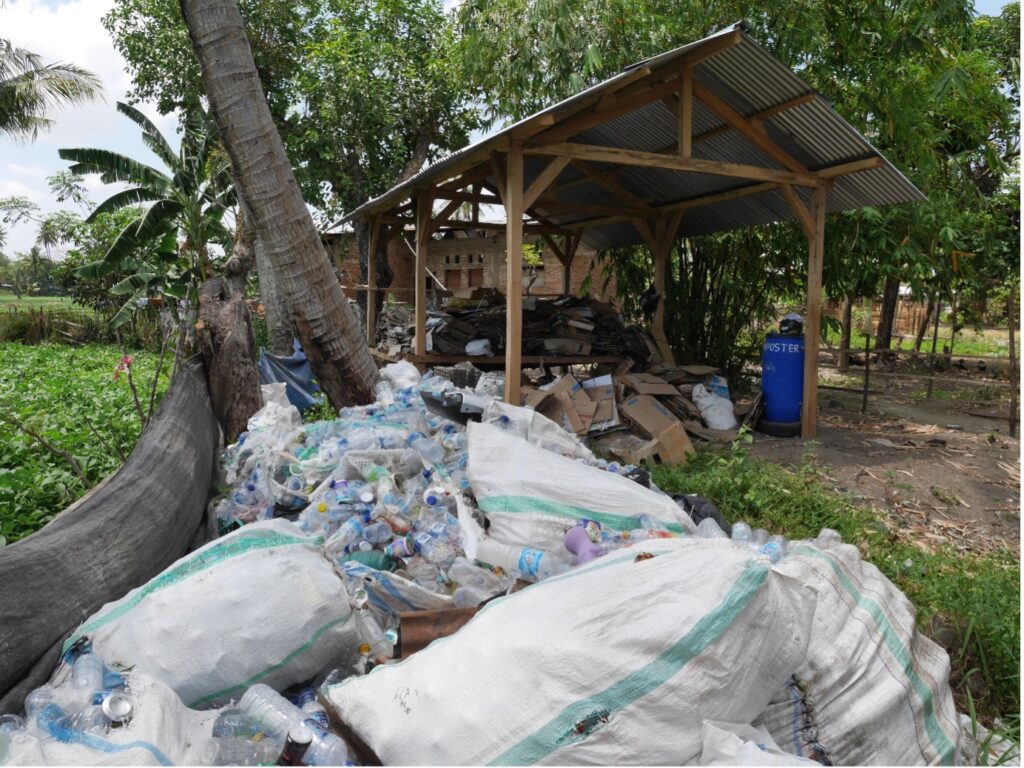
A newly-built waste bank in rural Sumbawa (Photo: author)
While waste banks can increase public participation and awareness and make waste management systems in Indonesia more resilient, their proliferation across the country is relatively slow and their impact on recycling rates is moderate when compared to the contribution made by those working in the informal sector. In 2021, Siti Nurbaya Bakar claimed that waste management was one of the few businesses sectors in Indonesia that continued to grow during the pandemic. However, it was also claimed, by her Ministry, that waste banks reported a significant drop in revenue during this crisis, mainly because of social distancing measures. This means that the reason why the waste management sector proved resilient during the pandemic is mostly because of the informal waste workers, especially pemulung, who continued to retrieve recyclables from landfills during the health crisis. It is important to note that some people have joined the informal sector and become pemulung precisely because of the pandemic and the related lack of social security and job opportunities.
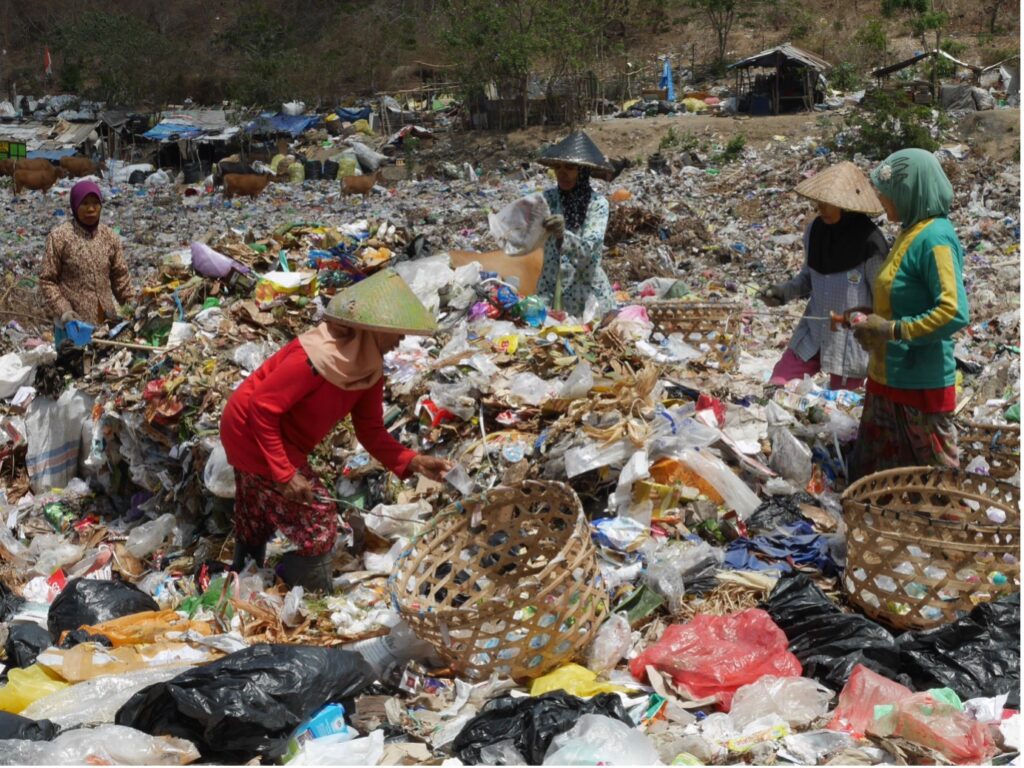
Female pemulung in search of recyclables at a landfill site in Sumbawa (Photo: author)
Even though the informal waste sector forms a vital part of the entities involved in waste management in Indonesia, its contribution to the system has long been unrecognised and uncompensated. Such devaluation stems from the historical association of informal activities with poverty and criminality. For example, during the authoritarian New Order regime (1966–1998), scavenging for waste was made into an illegal activity because it conflicted with modern policies of land-use and town planning. In today’s Indonesia, it is not uncommon to see signs in front of urban neighbourhoods and complexes that read, Pemulung Dilarang Masuk (No Scavengers).
The fact that the ICFW initiative makes no consideration for this informal infrastructure, suggests that the policy may not only seek to make Indonesia clean from waste, but also clean from the informal waste sector. This can be seen, for example, in the policy’s strategic plan to establish number of parental waste banks that would be equipped with waste processing technologies (i.e. press and waste shredding machines) needed to process plastics before they could be sold to the recycling companies. This enables waste bank operators to sell plastics within the waste bank family instead of having to go to informal waste collectors who have historically been adept at preparing plastics for recycling. By seeking to circumvent pengepul and by reducing the amount of waste otherwise available to pemulung, the waste bank program is illustrative of how the circular economy and the related commodification and formalisation of waste can lead to the “gentrification of reuse”.
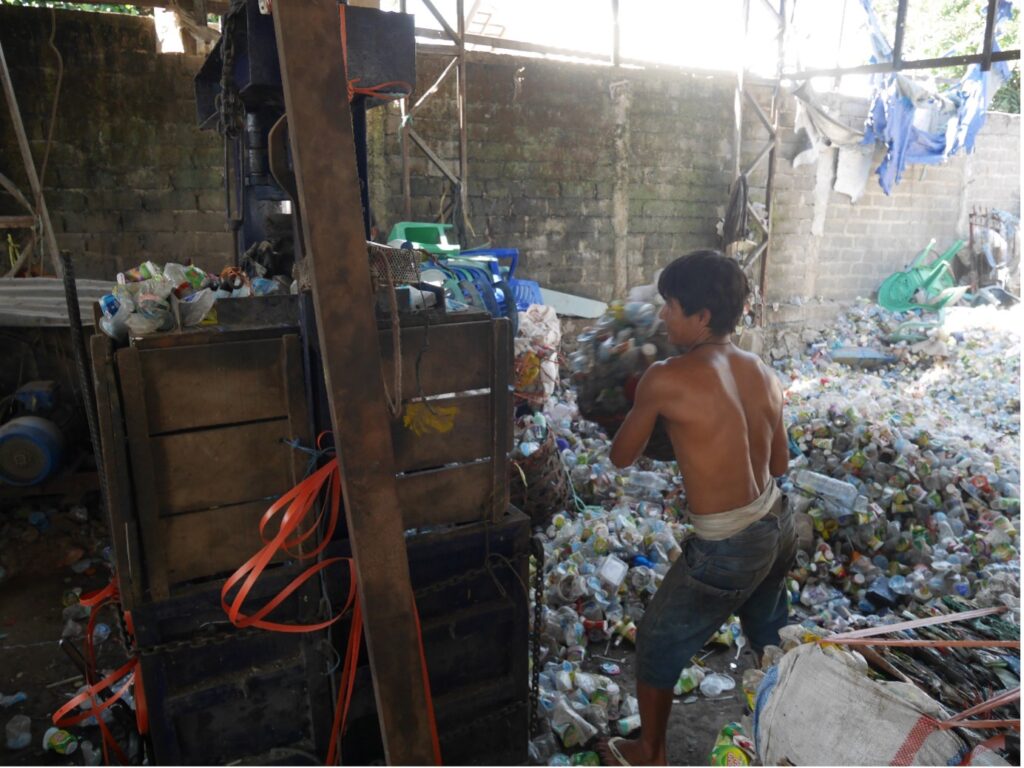
Unlike the informal waste sector, waste banks are seen by policymakers as having the potential to nurture environmental and entrepreneurial values among the populace. Hence, besides helping to raise awareness through waste separation, waste banks also serve as places of experimentation where waste bank operators (and their customers) are encouraged to upcycle some of the collected materials into new products, such as grocery baskets, plant pots, handbags, or even paving blocks or bricks, all made, to varying degrees, from plastic waste.
These upcycled products are often referred to using the prefix “eco”—hence eco-bricks, eco-paving, eco-fashion and the like. As once noted by Anies Baswedan, the former governor of Jakarta, the terms ecology and economics can actually go hand in hand, because they have same prefix—oikos, or household. While waste banks provide opportunity for waste valorisation, it is the Indonesian household where the initial sorting of waste has to take place. Given that women’s main field of activity in Indonesia has historically been inside the house, this role is often fulfilled by the ibu rumah tangga (housewife).
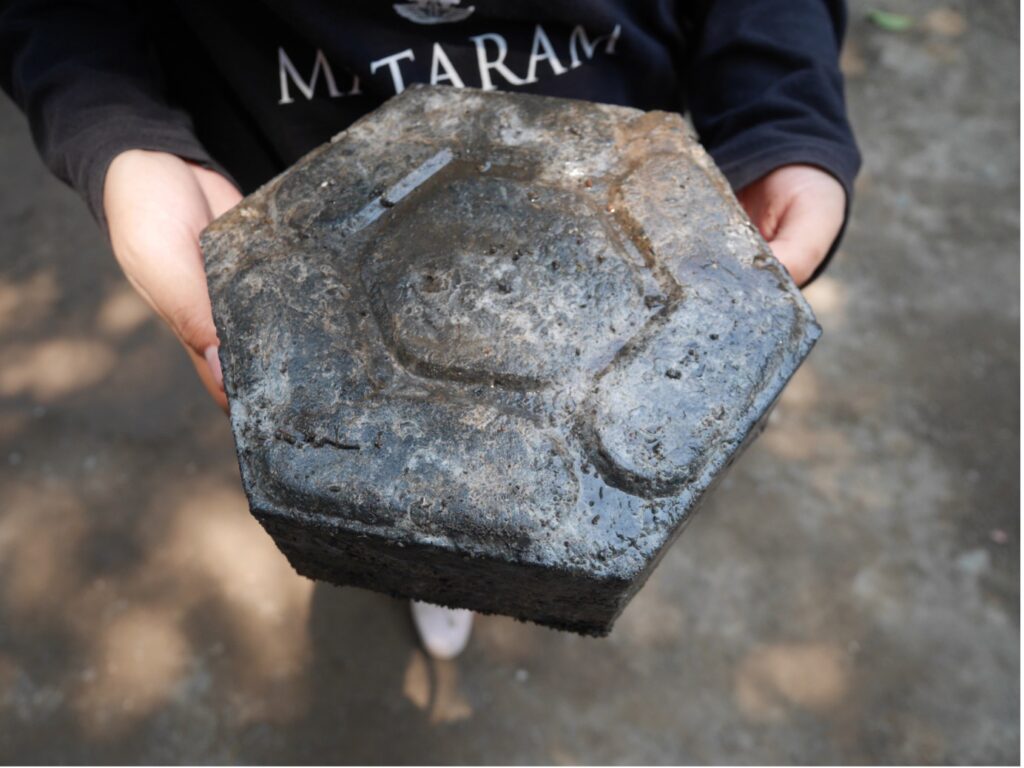
A student displaying a paving block made from plastic waste (Photo: author)
Though most prevalent within the waste bank family, these upcycling principles are being promoted across the wider society, including in formal schooling and rural development programs. There is a lot of enthusiasm around this plastic rush among certain segments of Indonesian society, especially the young. However, turning plastic waste into new and shiny products, such as the paving block seen above, is rarely done with the use of environmentally friendly and effective technologies. Instead, people rely on makeshift devices whereby plastic is melted into a tar that is then moulded into blocks. The heating process relies on the open burning of plastic waste—a practice that takes no consideration for the emission of toxic gases and ash into the air and soil, respectively. Common in rural Indonesia where there is a limited access to basic waste collection services, open incineration of (mixed) wastes is a significant source of pollution. The open burning of plastics is particularly problematic as it is linked with an increased risk of cardiorespiratory and neurological disorders, as well as with toxic contamination of the soil and groundwater. The act of turning plastic waste into paving blocks produces adverse human health and environmental effects. However, these effects are rarely acknowledged by the advocates of these practices.
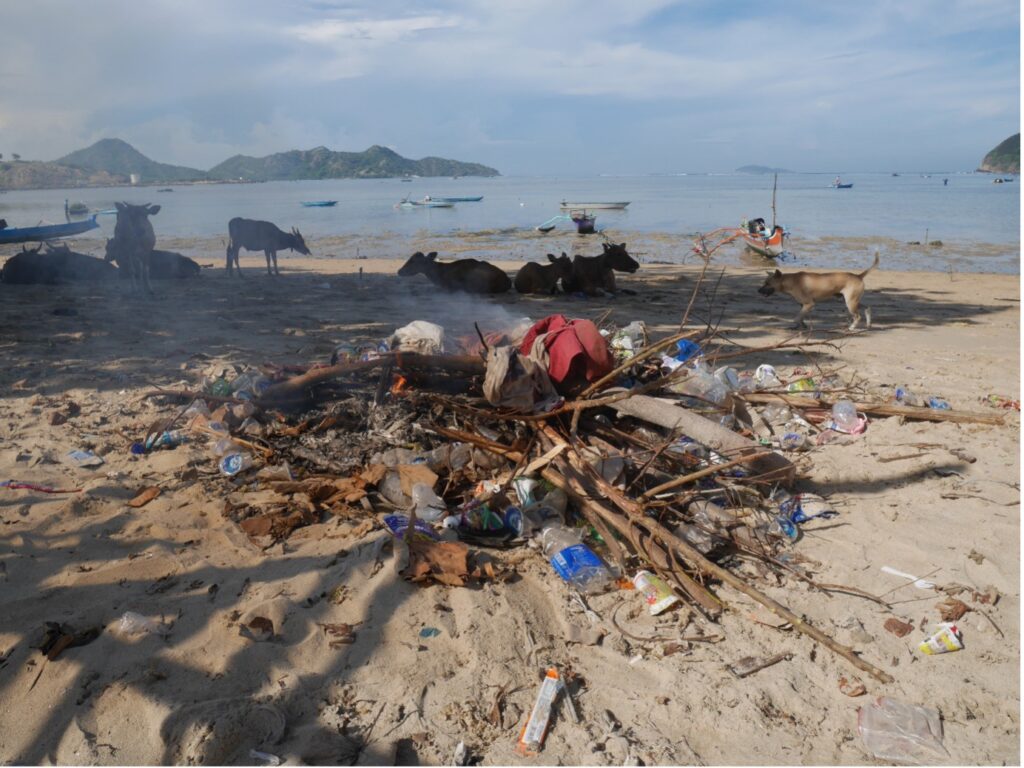
An open burning of waste in rural Sumbawa (Photo: author)
Not all of the upcycling projects that are currently being propagated and practiced in Indonesia as part of the circular economy aspiration rely on the open incineration of plastics. One such example are grocery baskets and handbags that women and children in Indonesia are encouraged to make out of plastic sachets used previously as packaging for food, cosmetic, medicinal and toiletry products. From my observation, these and other upcycling projects often fail, or they end up serving different—often symbolic/ceremonial—functions.
In most cases, it is both the ecological and economic goals that are not realised. Being difficult to valorise, these products regularly end up being discarded. Because they are produced with mixed materials—not only plastic waste, but also new materials, such as tapes, strings, wires, glue and the like—they are unrecyclable. It could be said that making these products increases rather than reduces consumption and waste. In general, these entrepreneurial projects have the capacity to place responsibility for waste in the hands of consumers, rather than producers. This discursive endorsing of creativity has the potential to engender real effects, such as when certain practices and values regarding waste reduction (i.e. extended producer responsibility, and reductions in material throughput and consumption) are valued less than others.
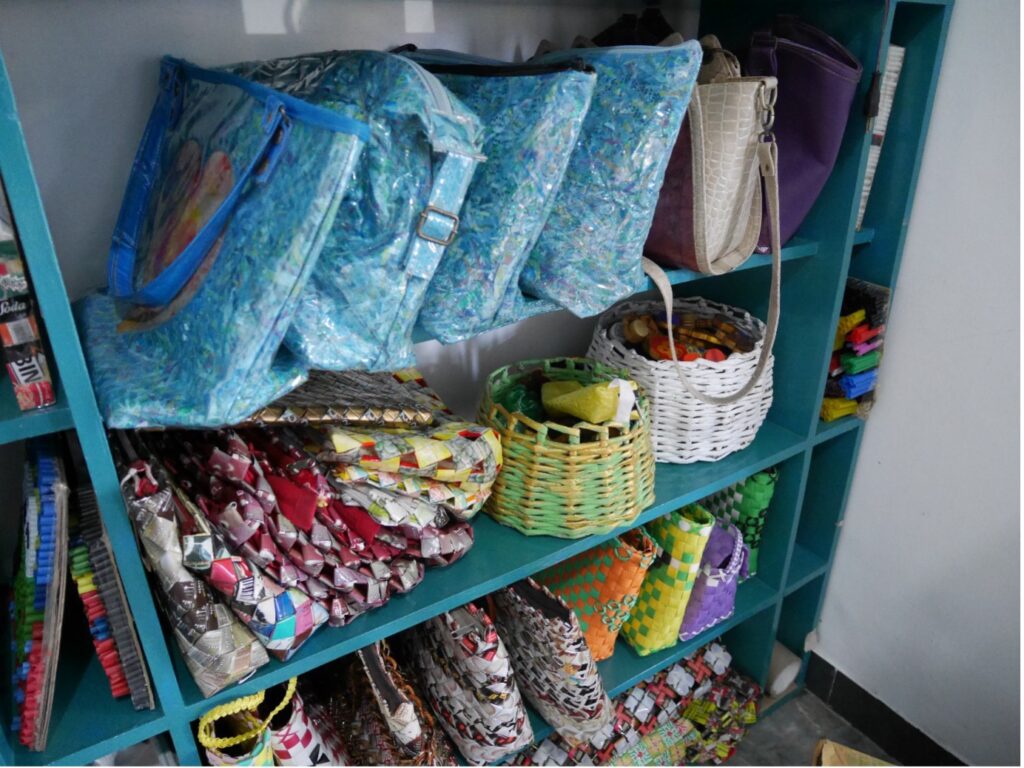
Eco-fashion products on display at one waste bank in Indonesia (Photo: author)
This alchemic-like ambition to turn discarded plastics into new objects can also be seen at the hands of government agencies. One such example, is the efforts of the Indonesian Ministry of Public Works and Public Housing (MoPWH) to incorporate discarded single-use plastics into road tar for building national roads in the country. According to Danis Sumadilaga, the head of the Agency for Research and Development at the MoPWH, mixing plastic waste with asphalt will result in stronger and more stable roads.
While it is certainly better to have wild plastic discards sequestered inside a road, rather than scattered in the environment or buried deep inside animals’ entrails, this development undoubtedly erects a speed bump on the road towards the nationwide ban on single-use plastics. In other words, mixing single-use plastics with asphalt makes plastic appear as unproblematic. To return to the concept of Plasticene, the plastic road is representative of both the human alteration—the plastification—of the environment, and the blind assumption that the circular economy can coalesce economic growth with sustainability.
I would urge policymakers in Indonesia to recognise and acknowledge that waste is indeed a serious problem. Reframing waste as only an economic resource does not convey the urgent need for waste management and waste reduction, nor does it call for greater responsibility among all segments of the populace. What the examples presented here show is that turning plastic discards into new products of economic value is anything but easy. Instead, such efforts often lead to pollution and obstruct meaningful actions aimed at waste prevention.
Ensuring that all people have access to basic waste collection services, not only those living in urban areas, would be more effective in reducing waste pollution than encouraging groups and individuals to take advantage of the economic value of waste. This would require the modernisation of existing landfills—the majority of which are mere open dumpsites—and the development of new landfills in the country.
This proposition might not be popular in the discourse on circular economy. However, without effective and integrated systems designed to capture and handle waste, waste will inevitably put more pressure on both people and the environment. Such developments should include efforts to incorporate informal waste workers into formal waste management systems. As the case with pemulung showed, policymakers in Indonesia need to take seriously the issue of social justice and equity in the circular economy-inspired transformations.
The post The plastipelago appeared first on New Mandala.
This post was originally published on New Mandala.
